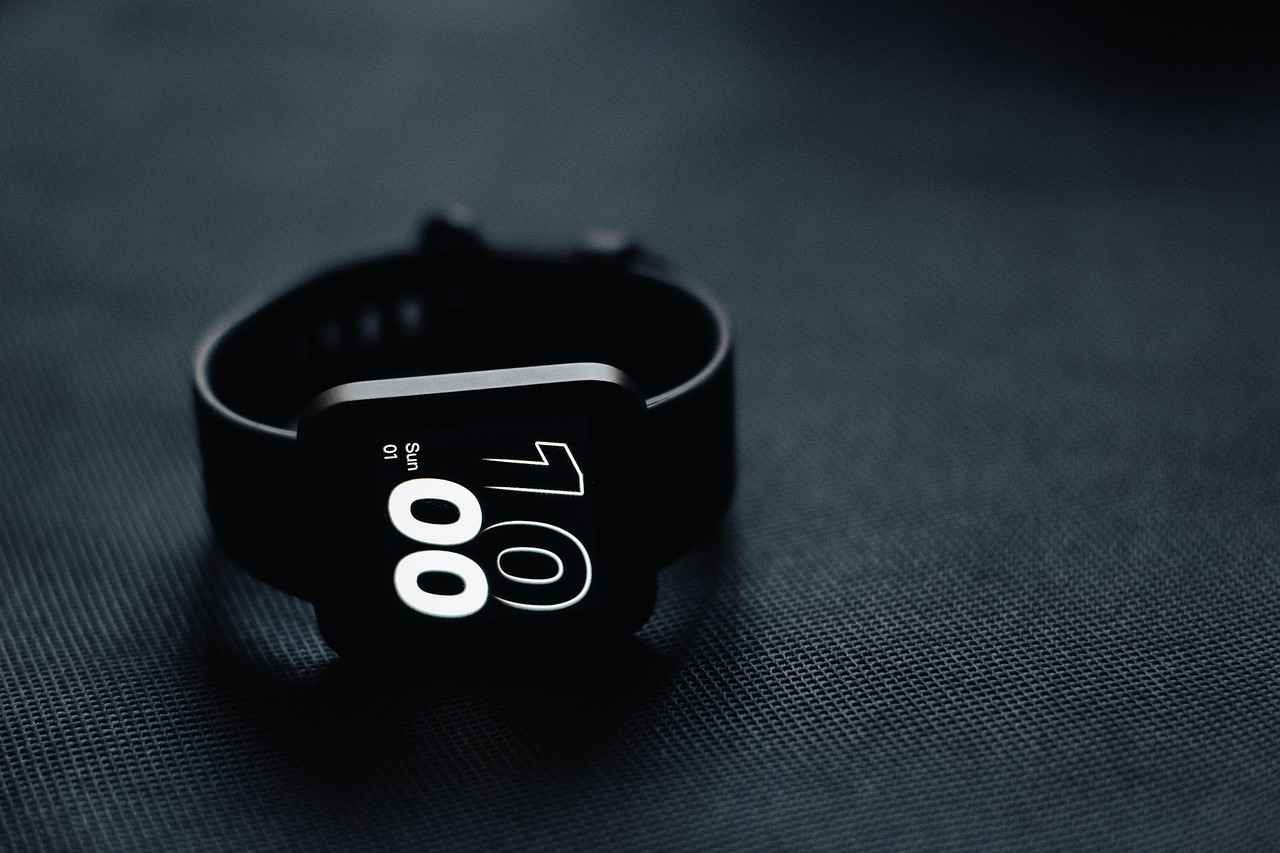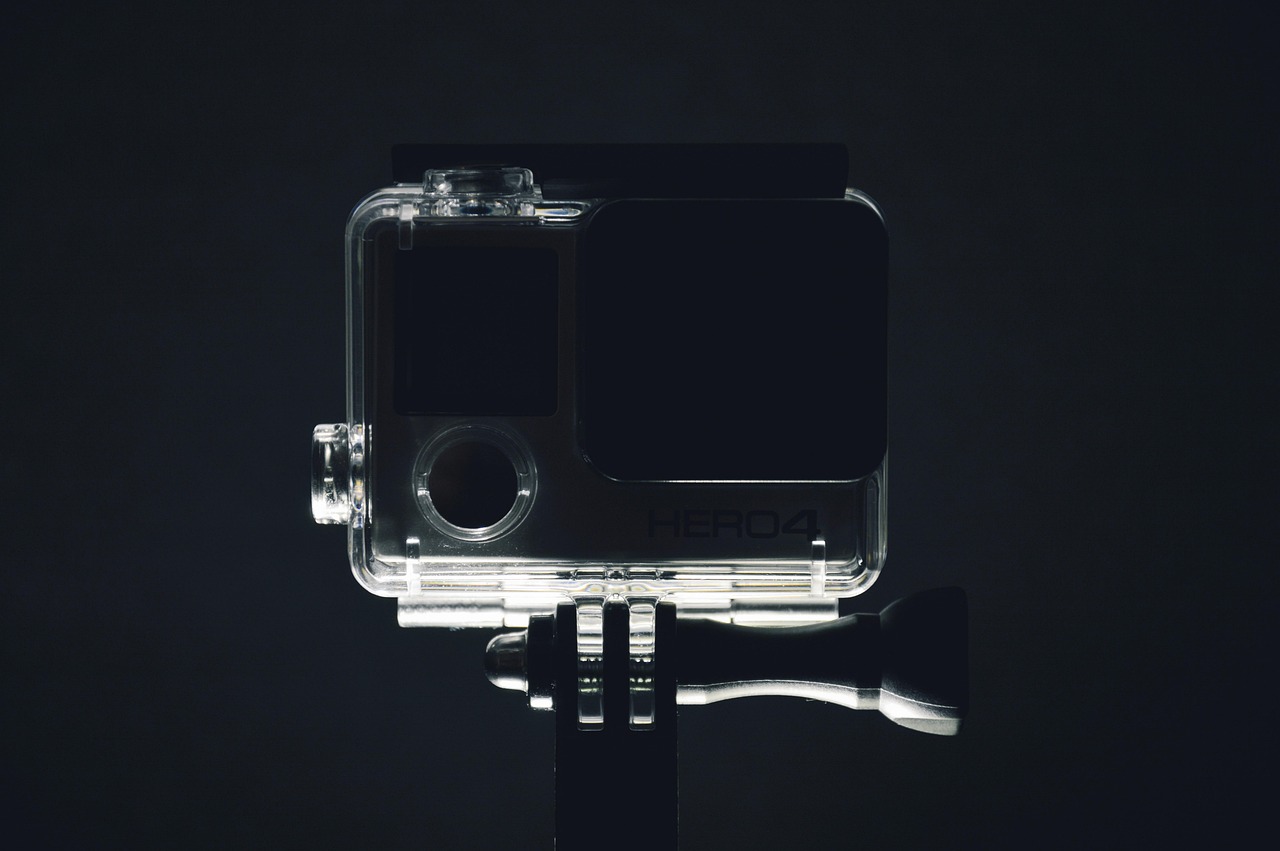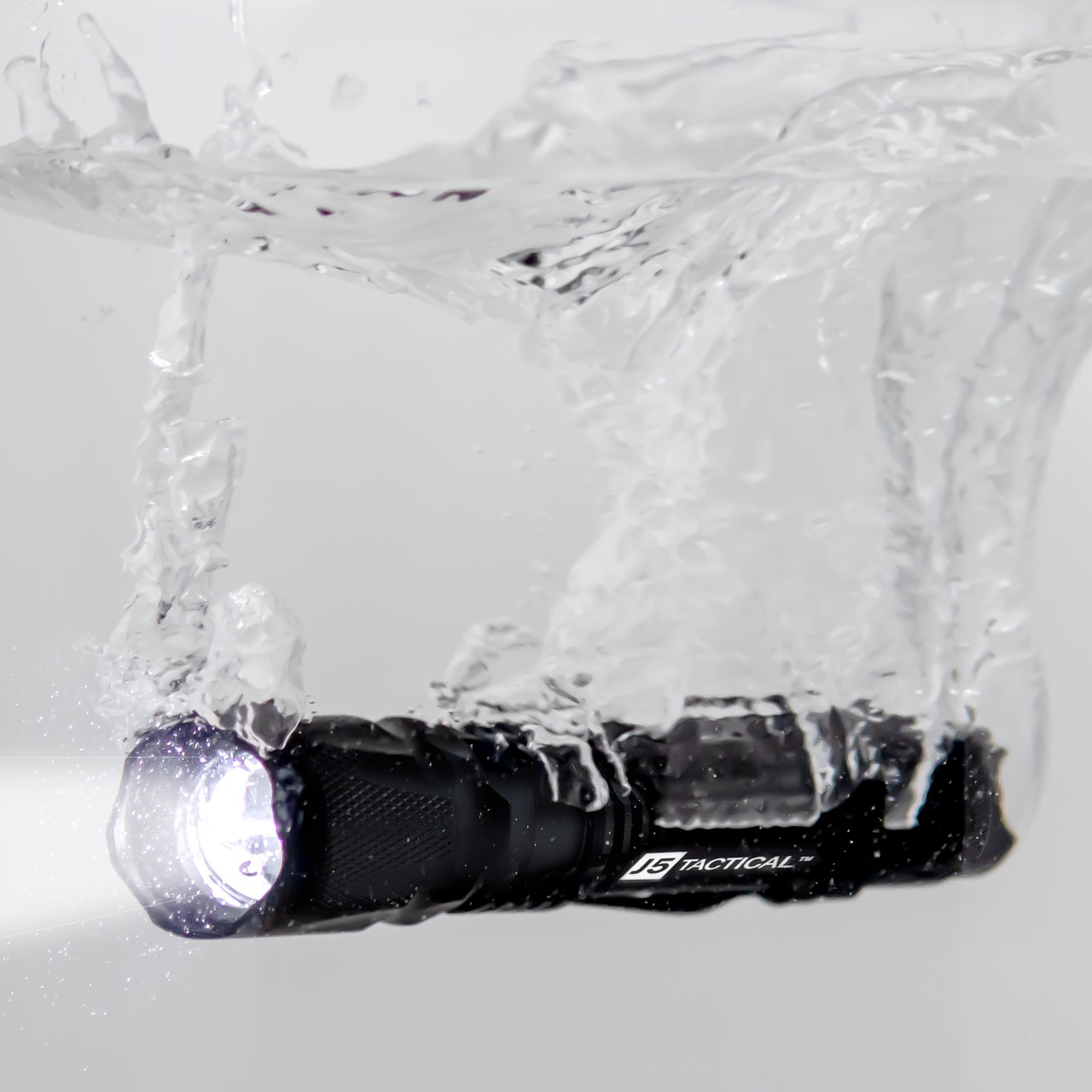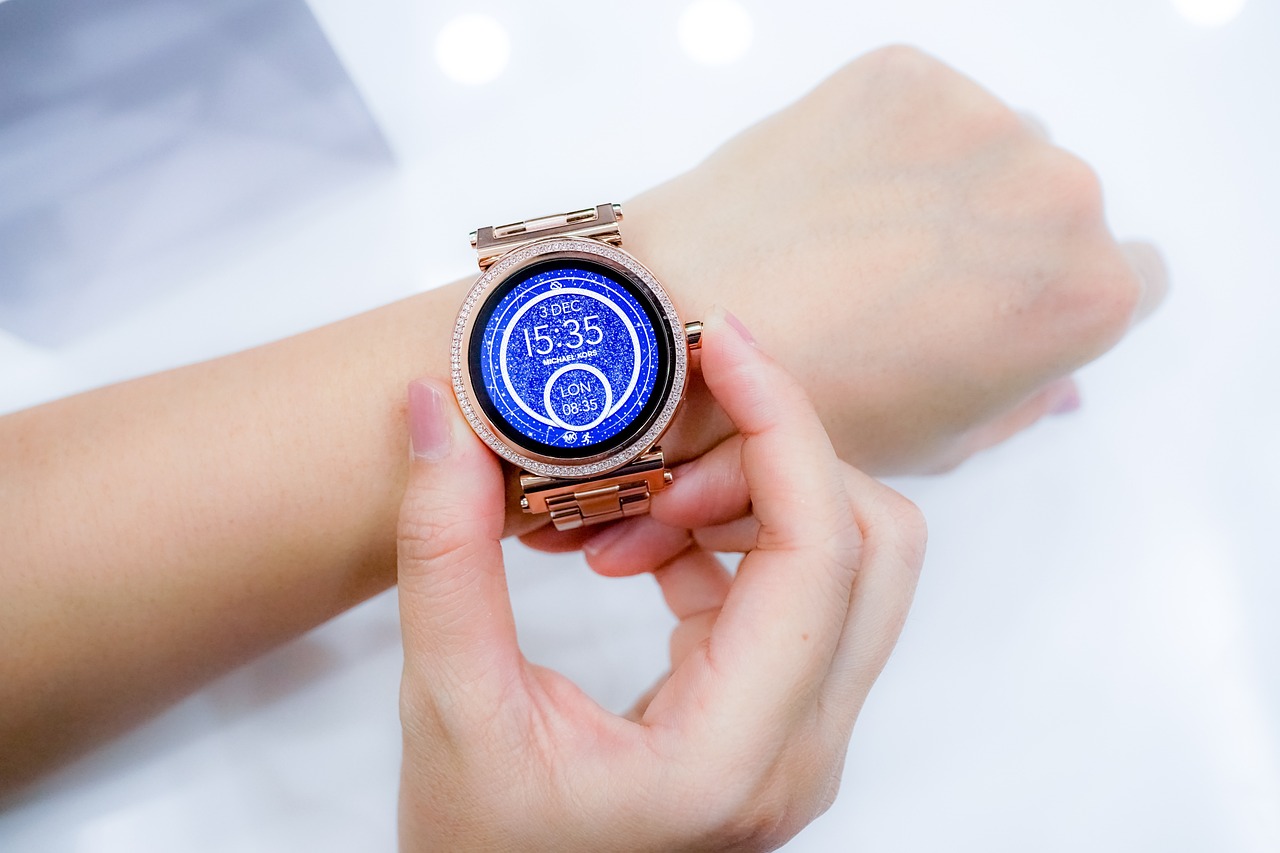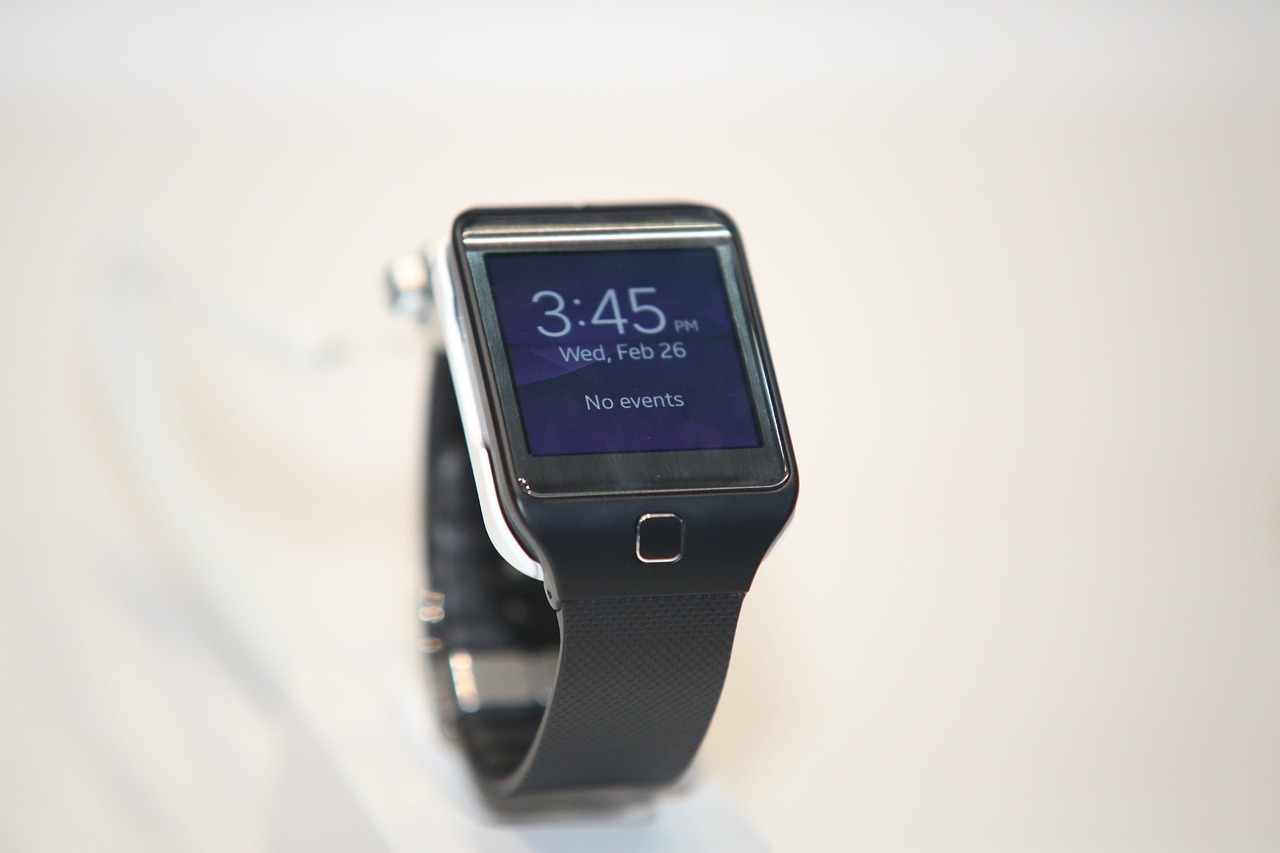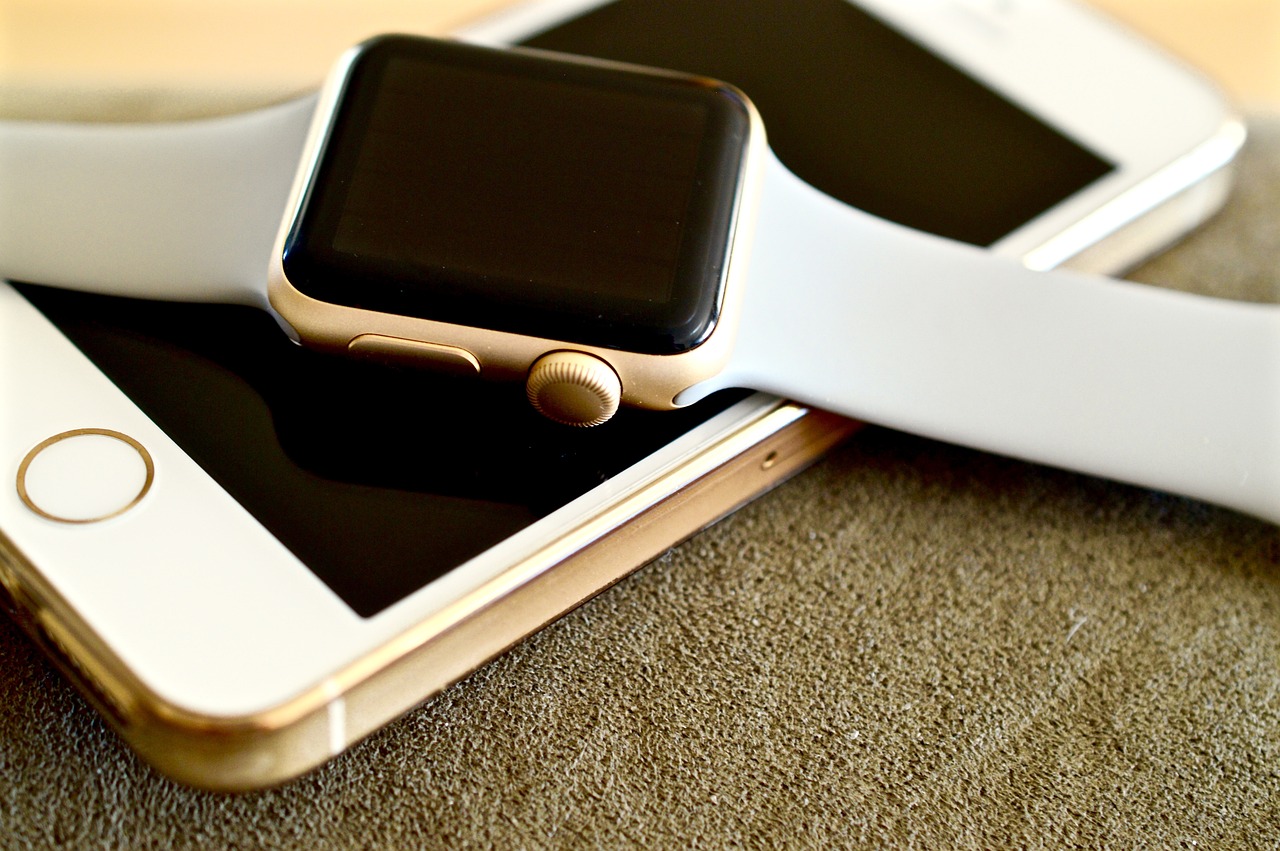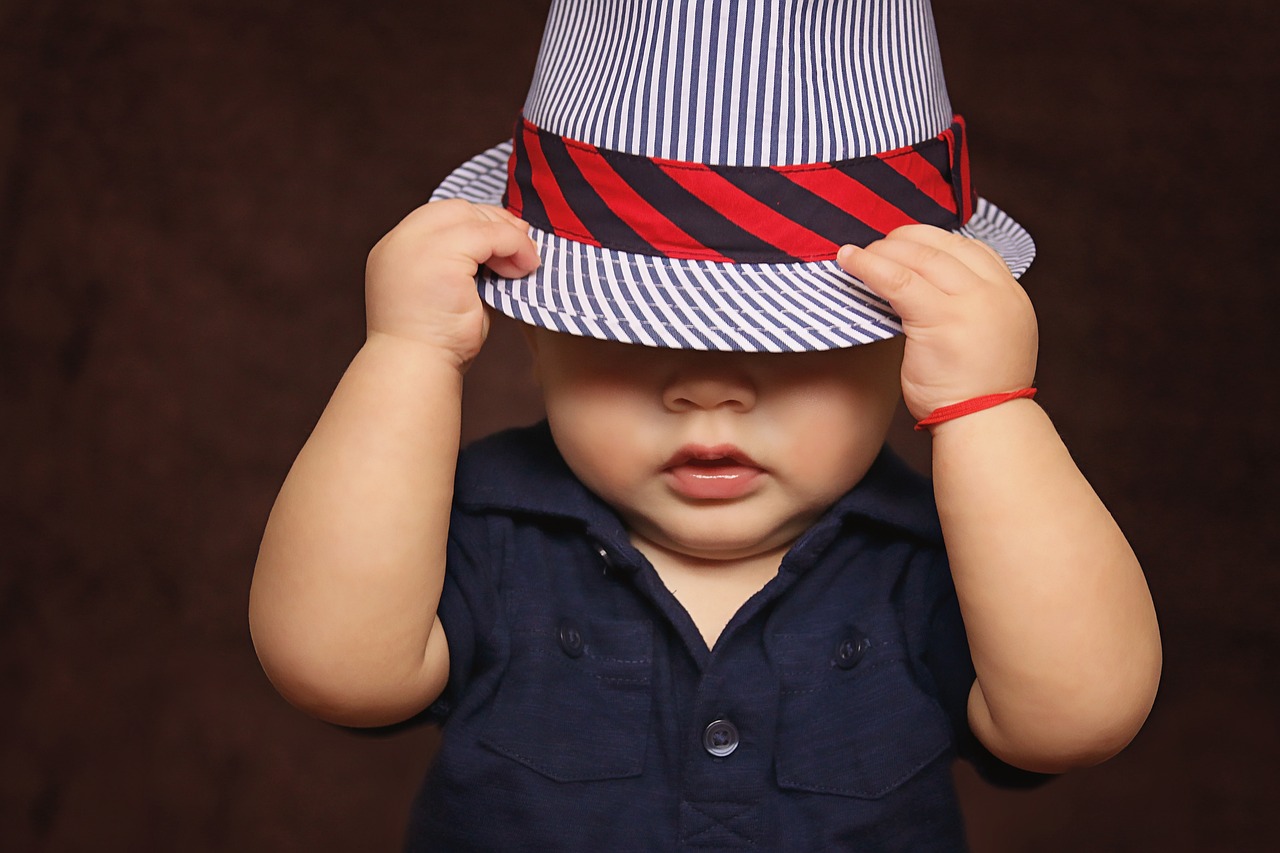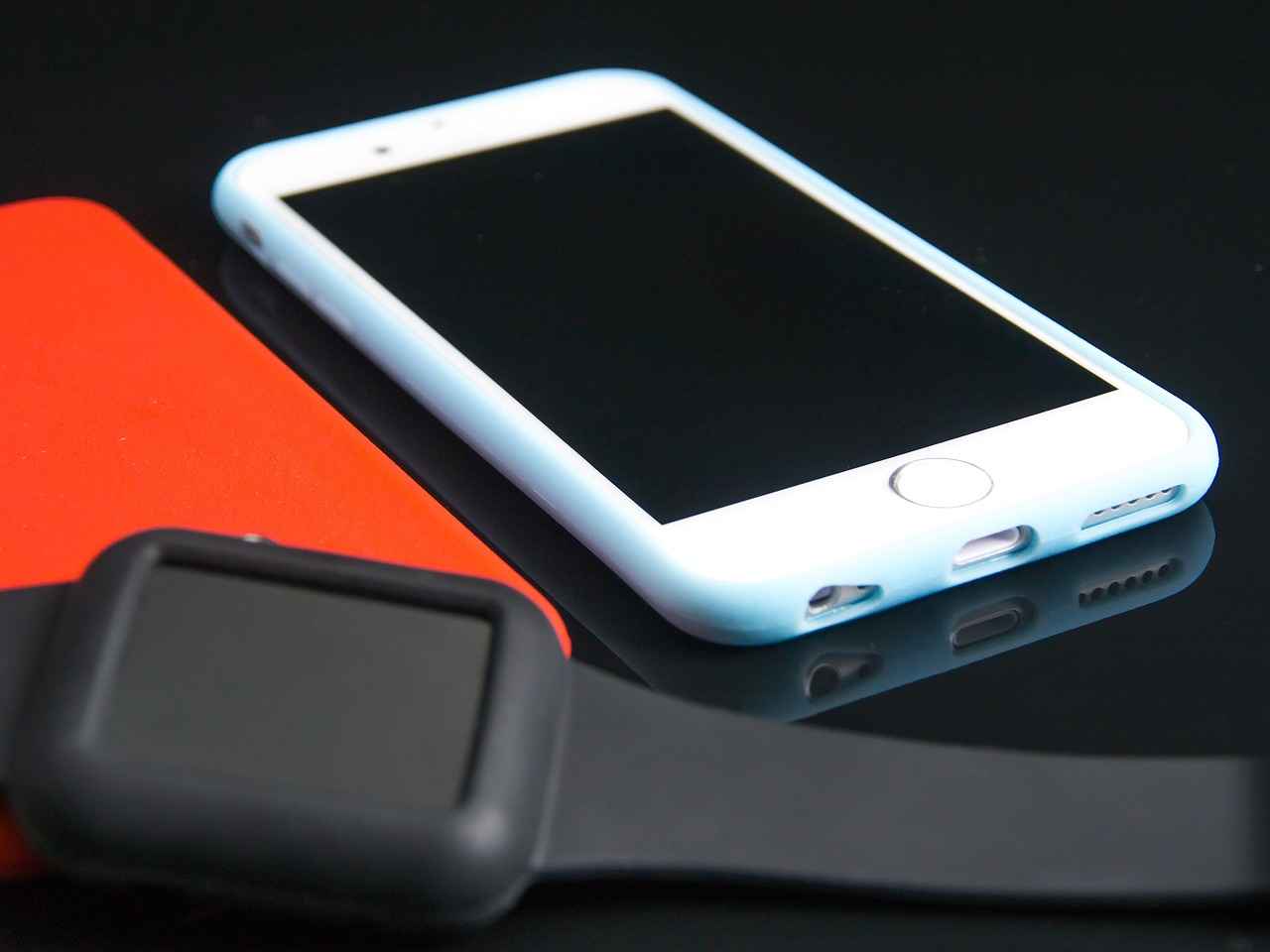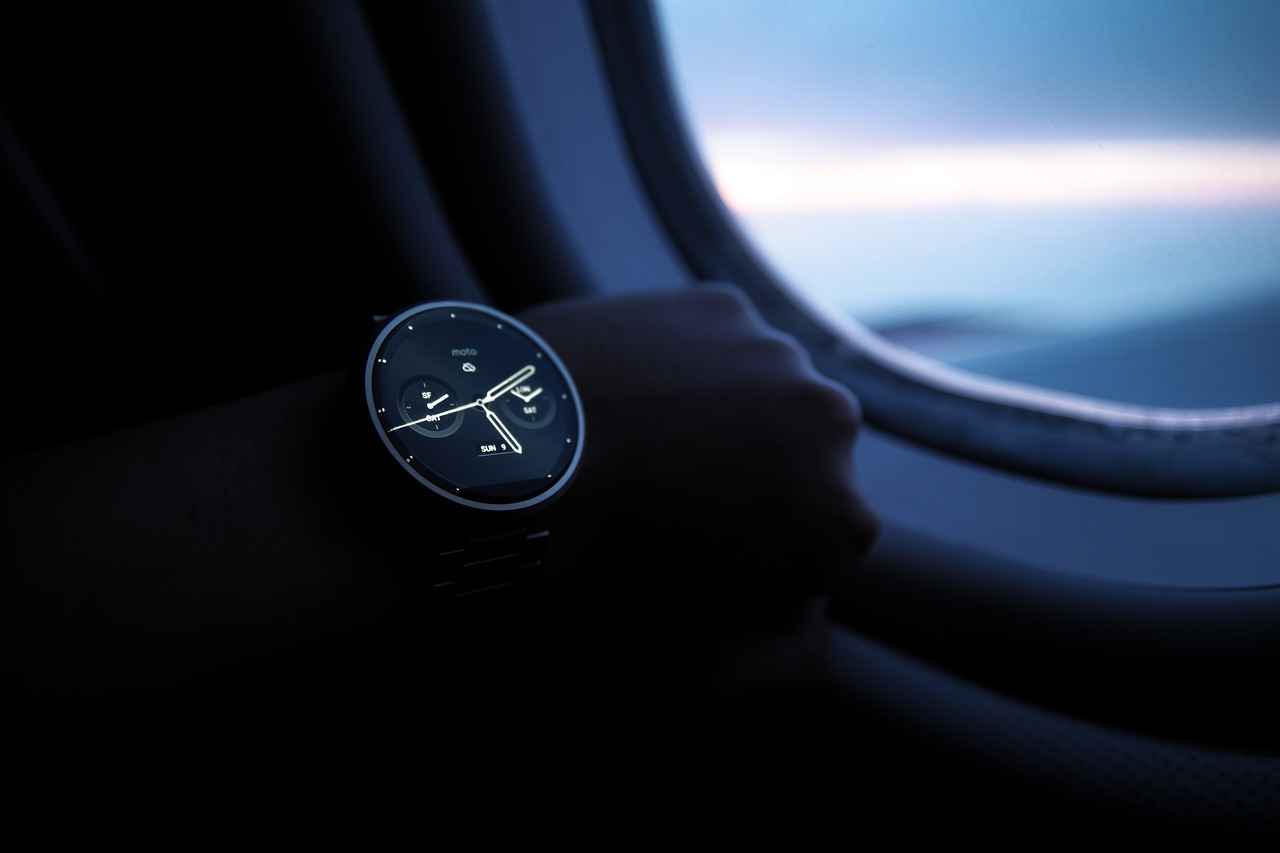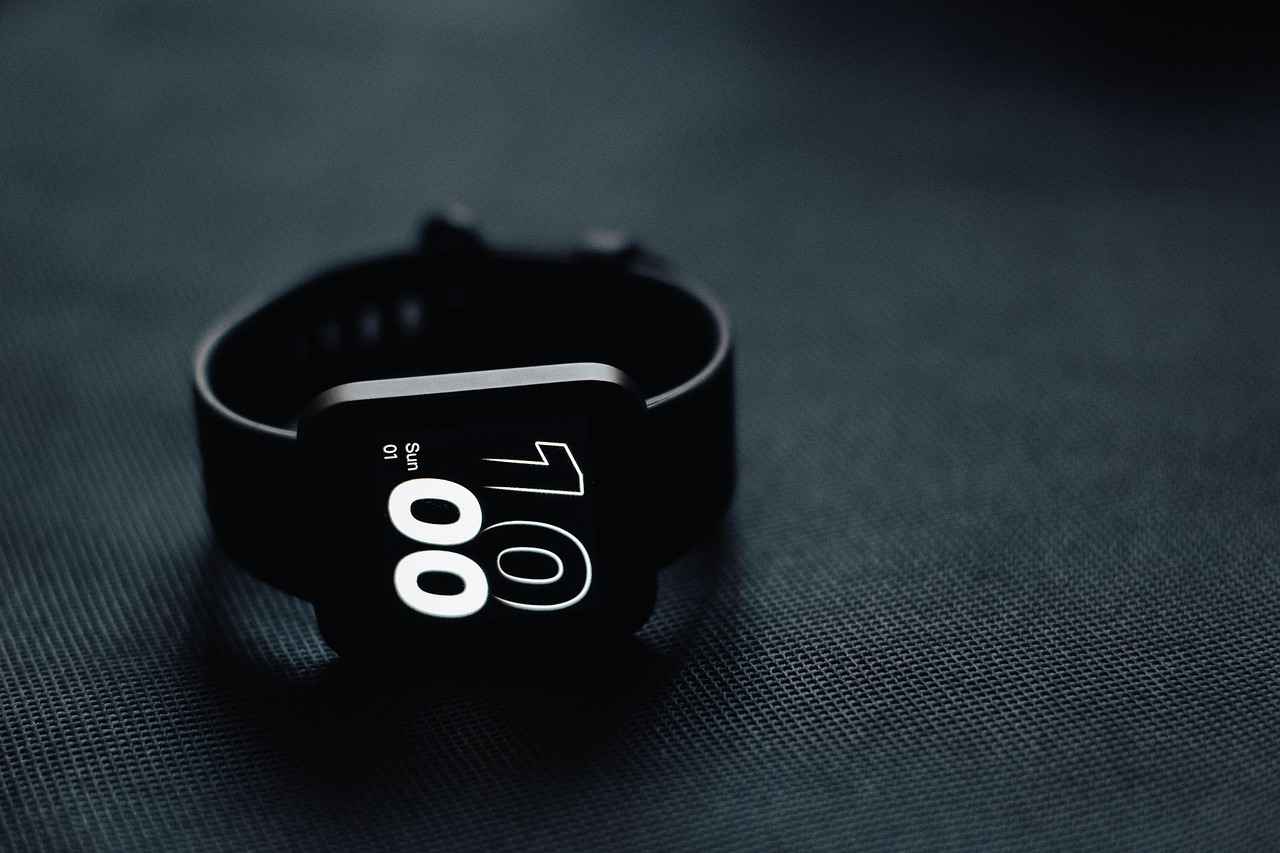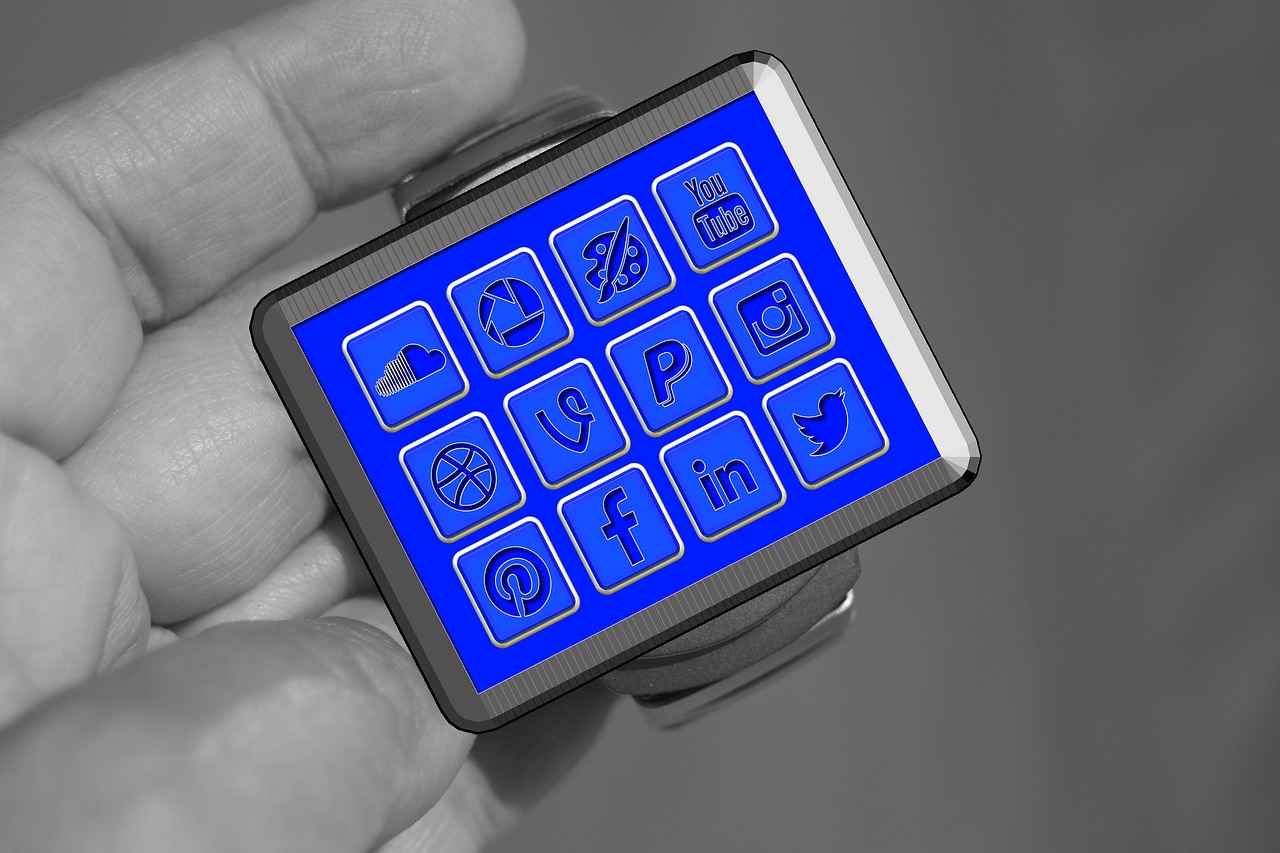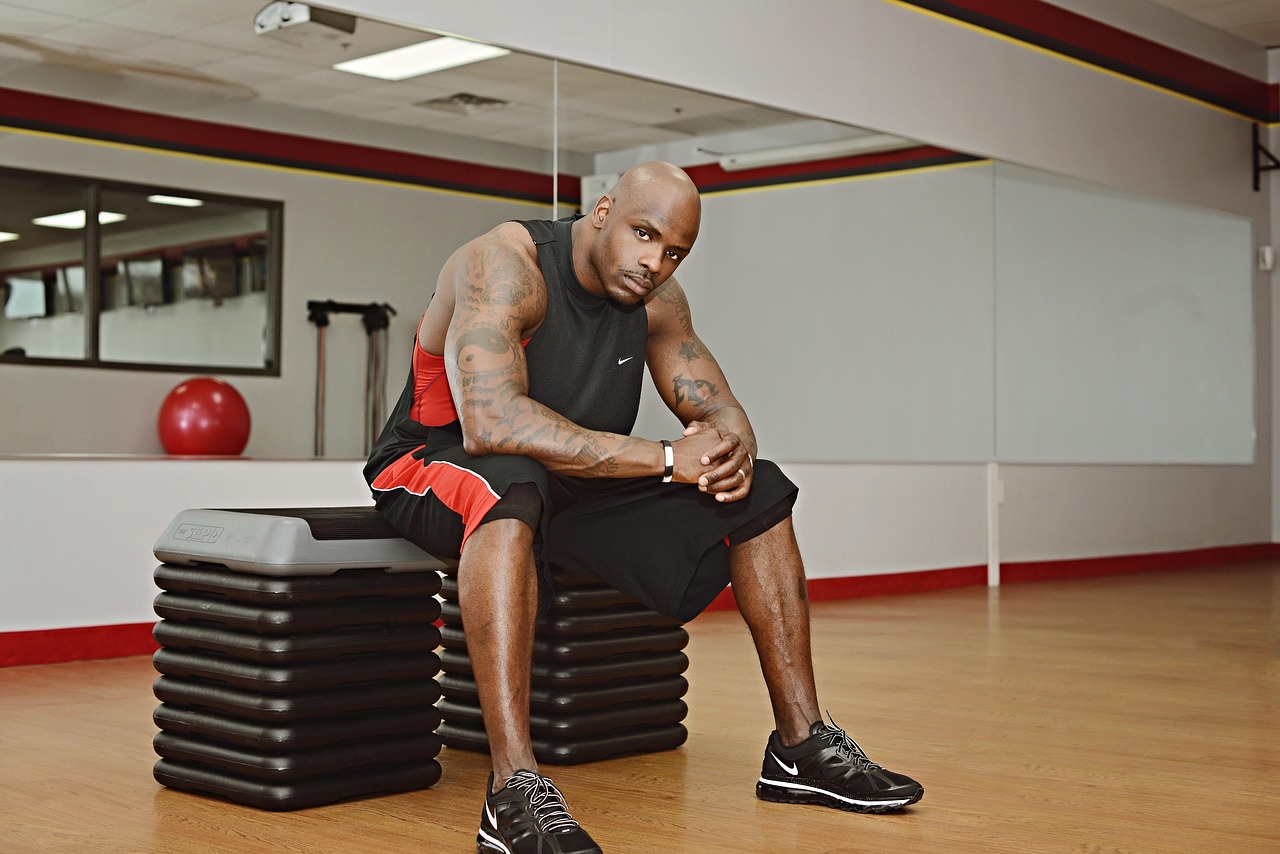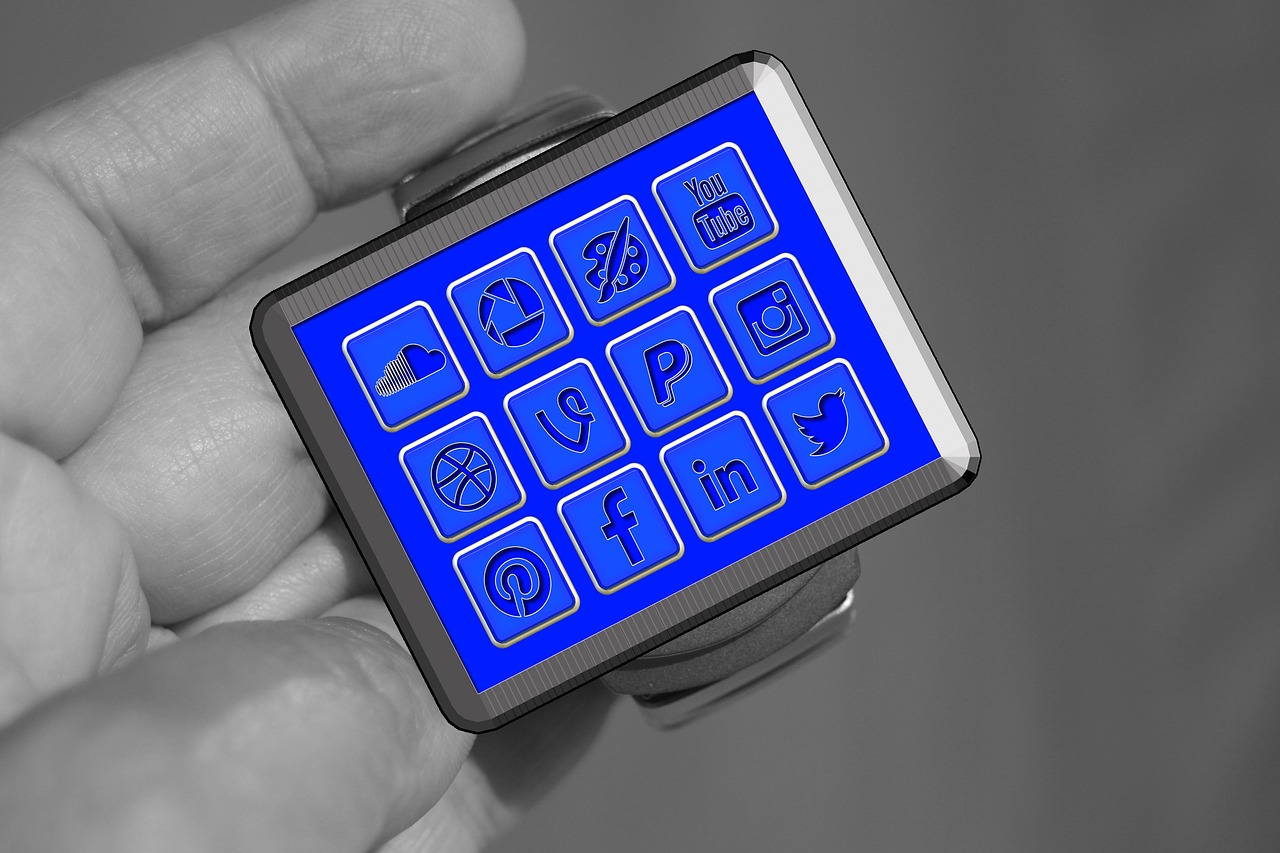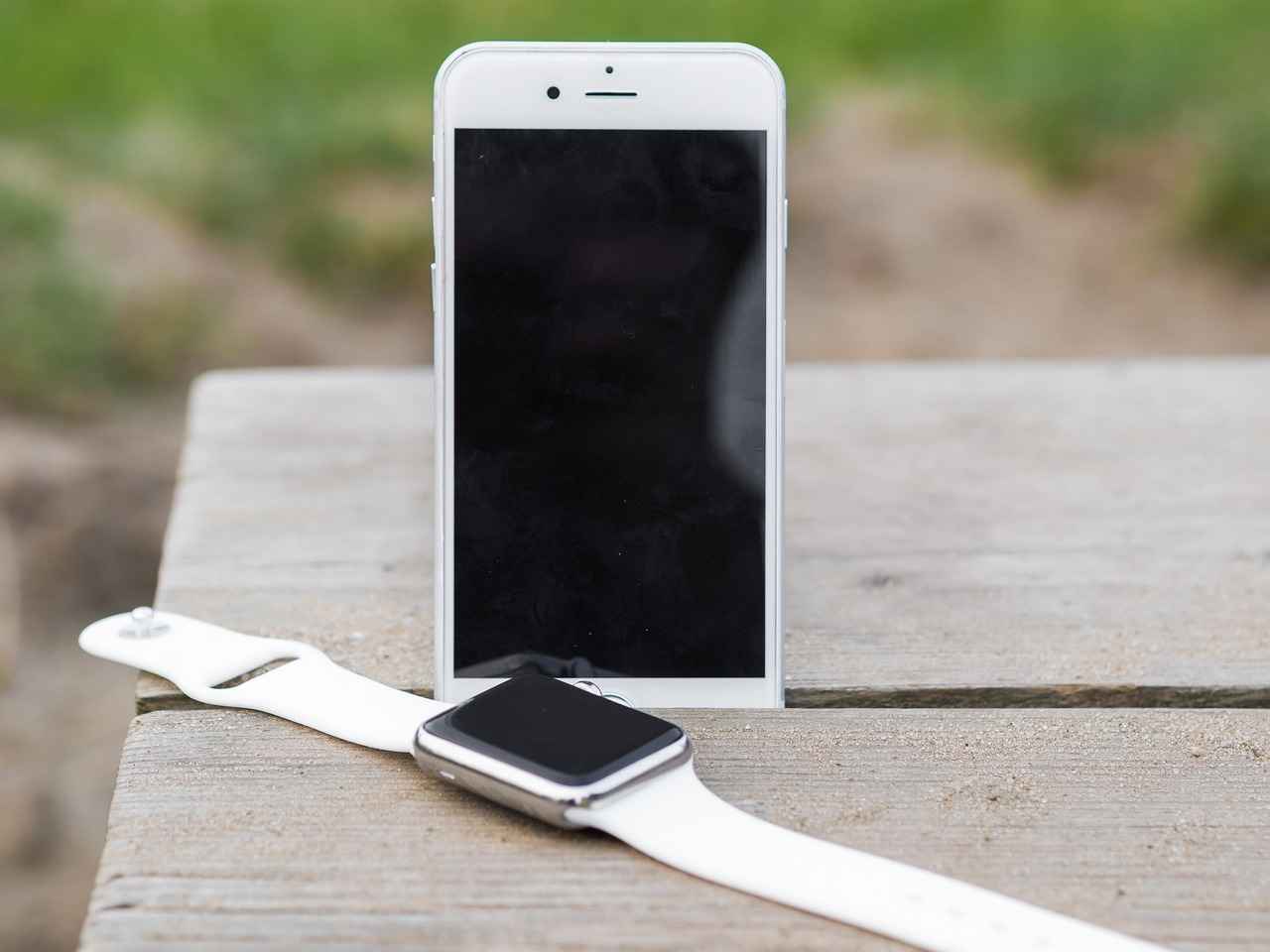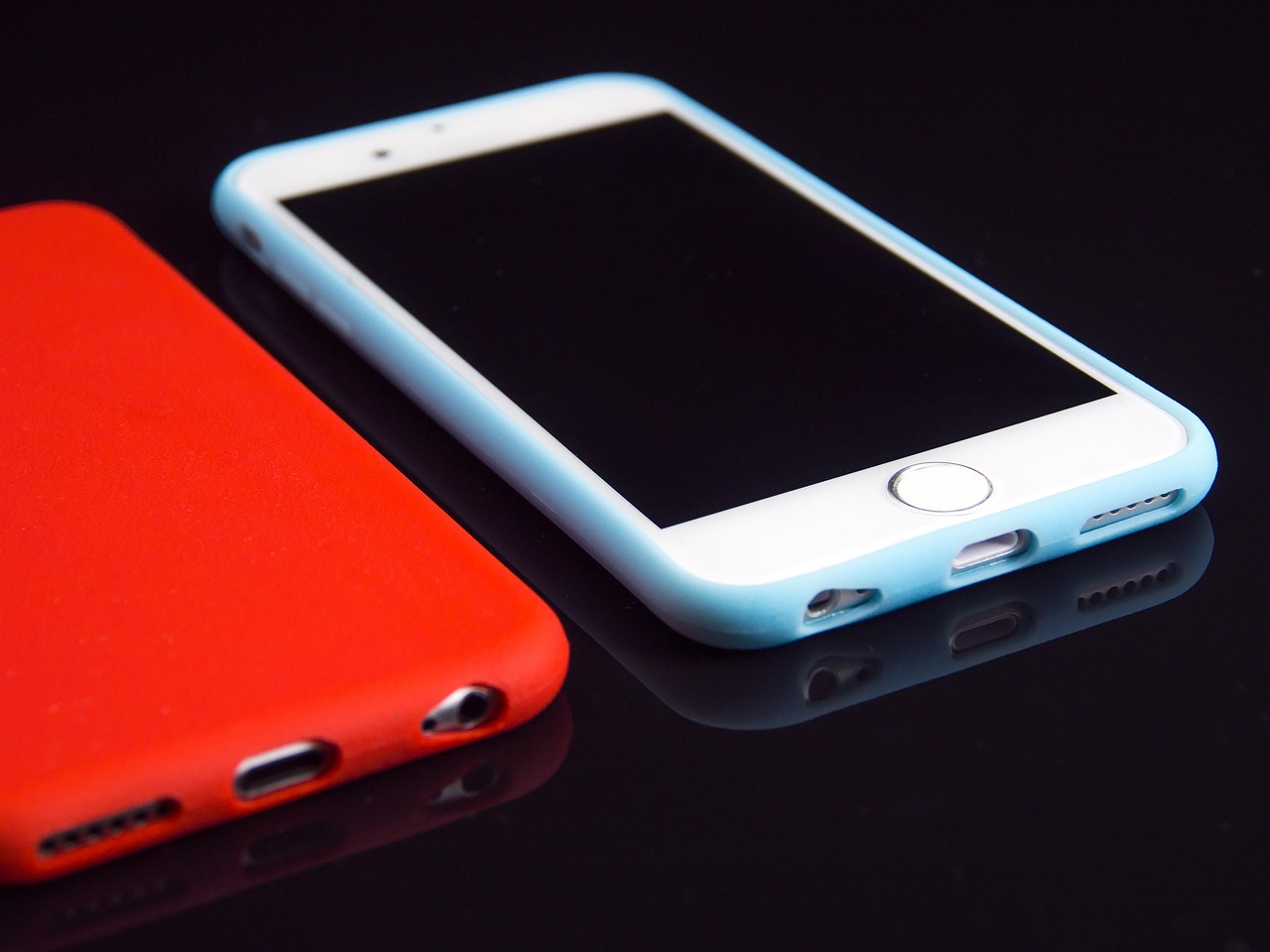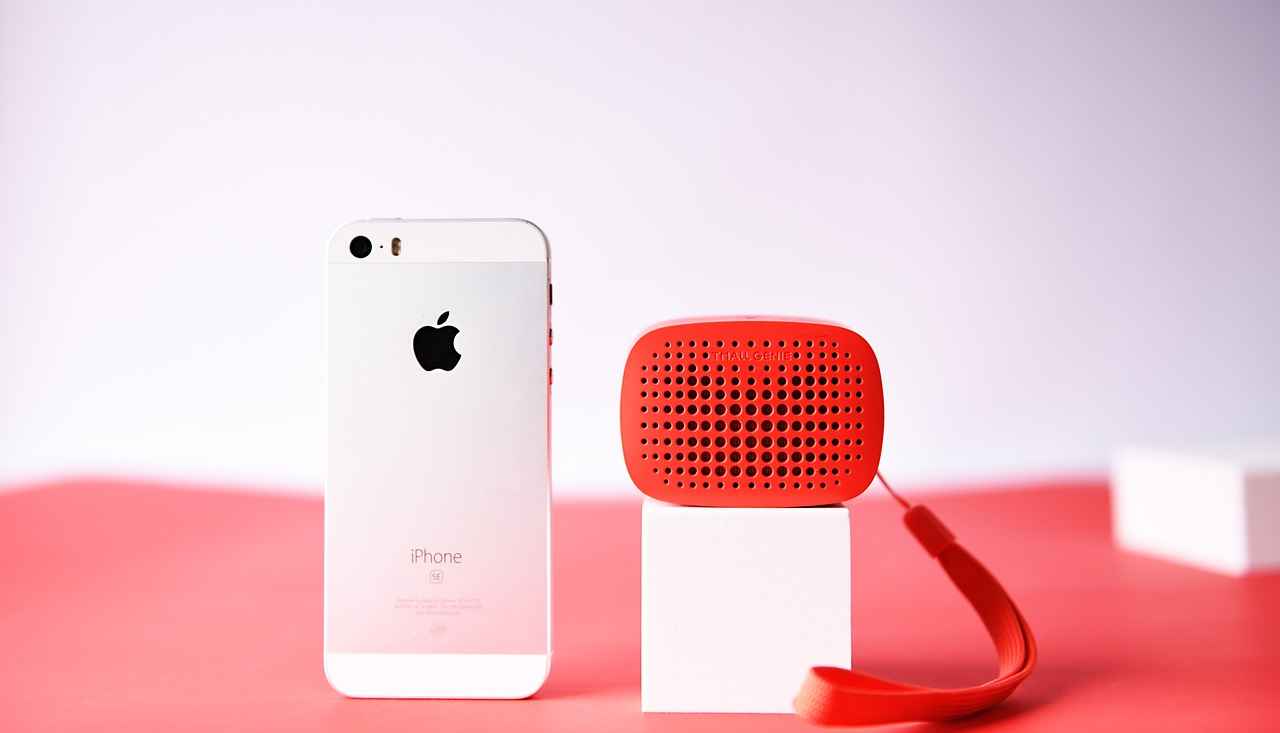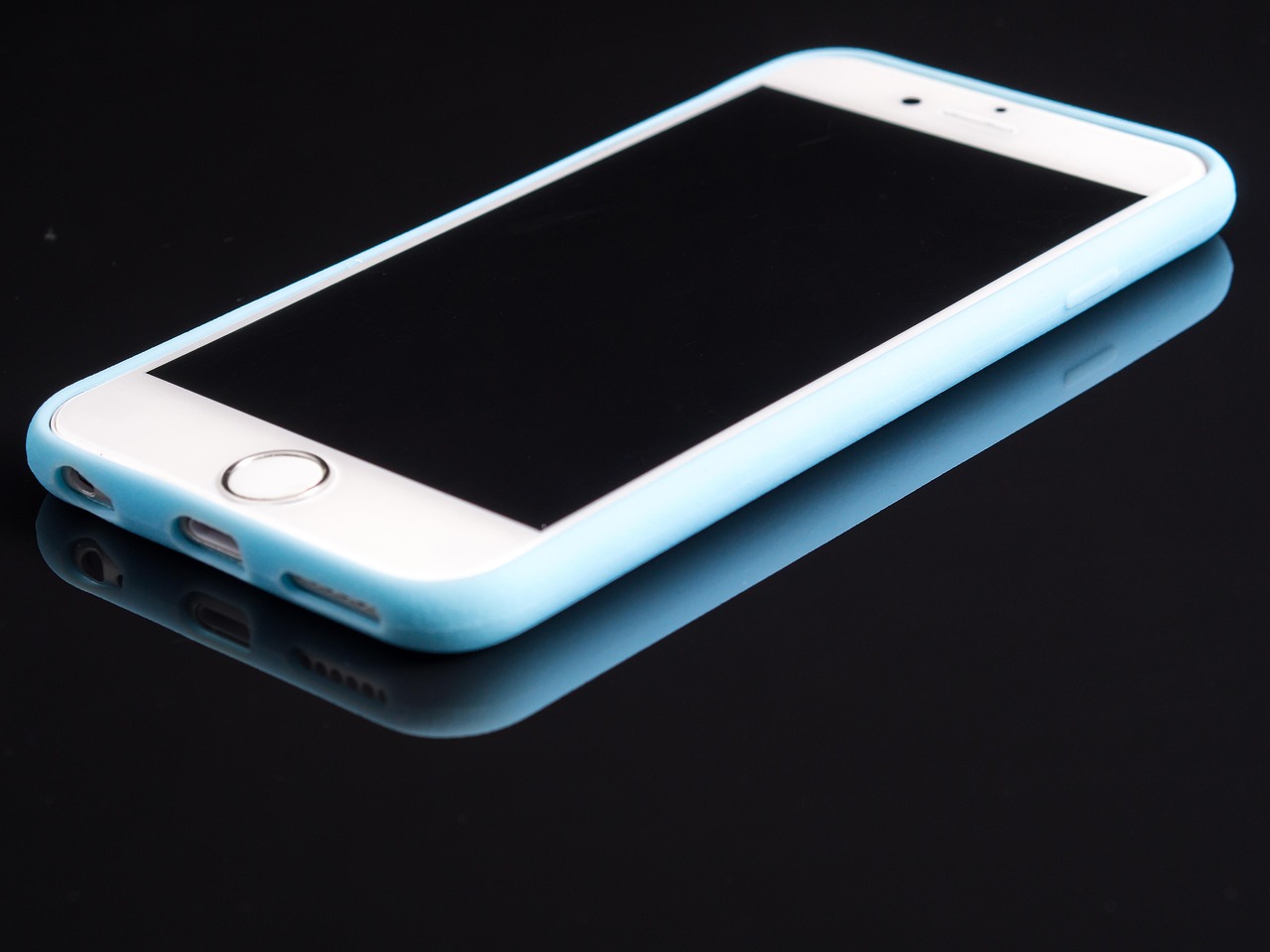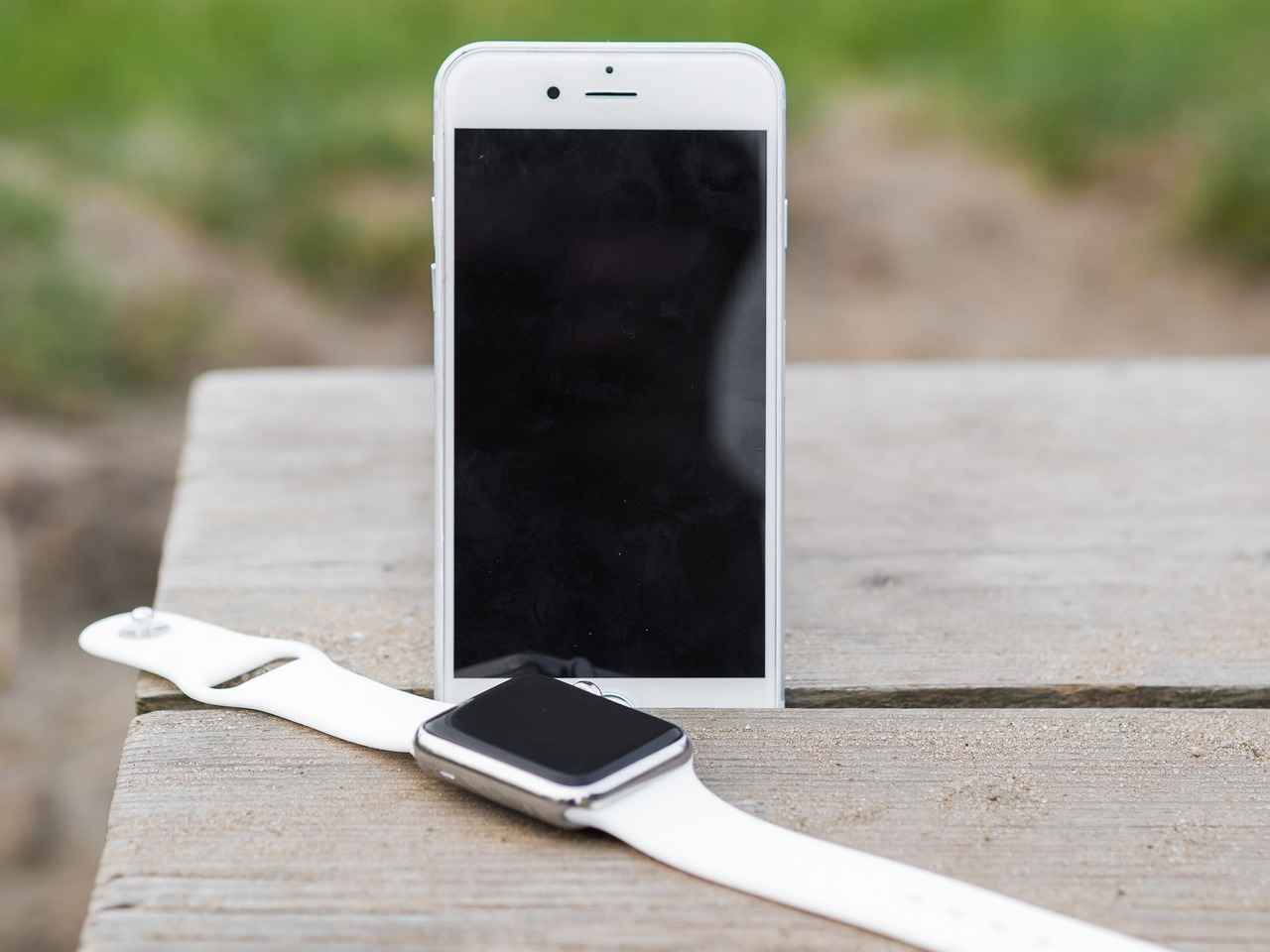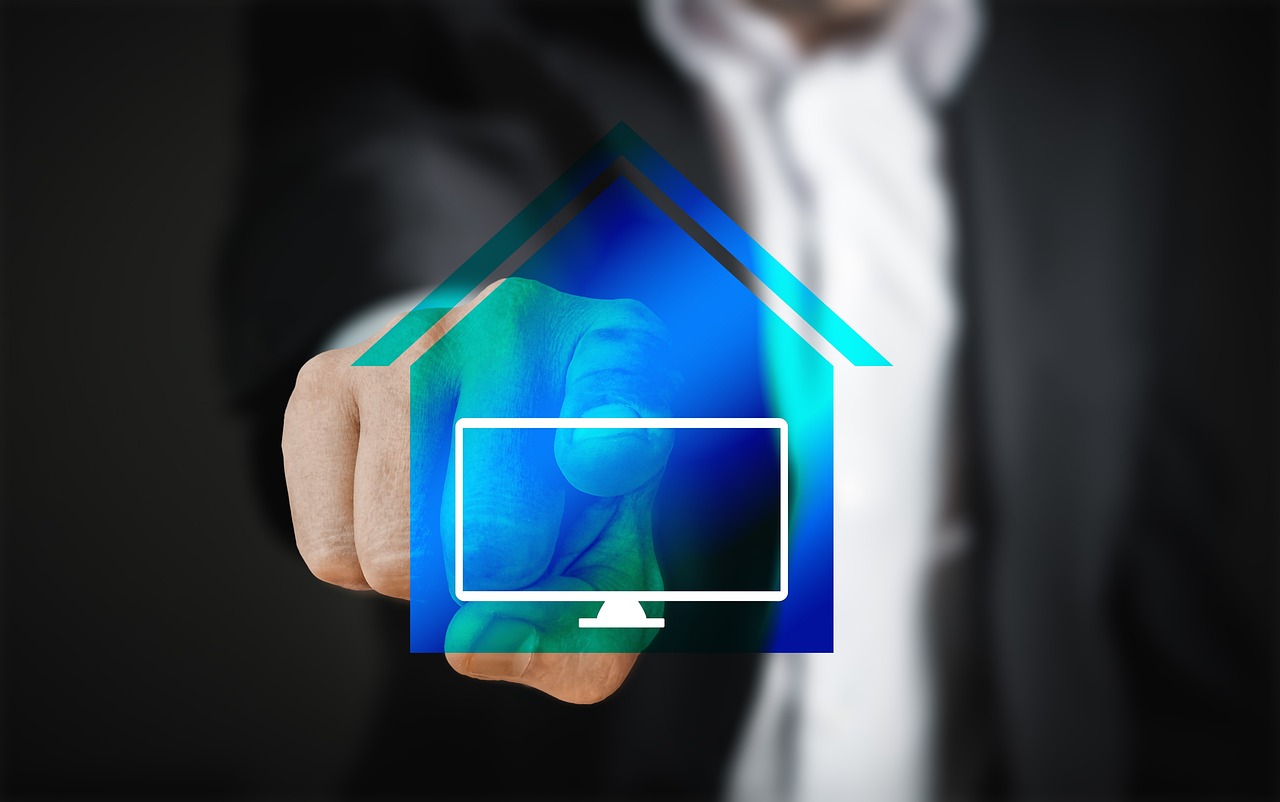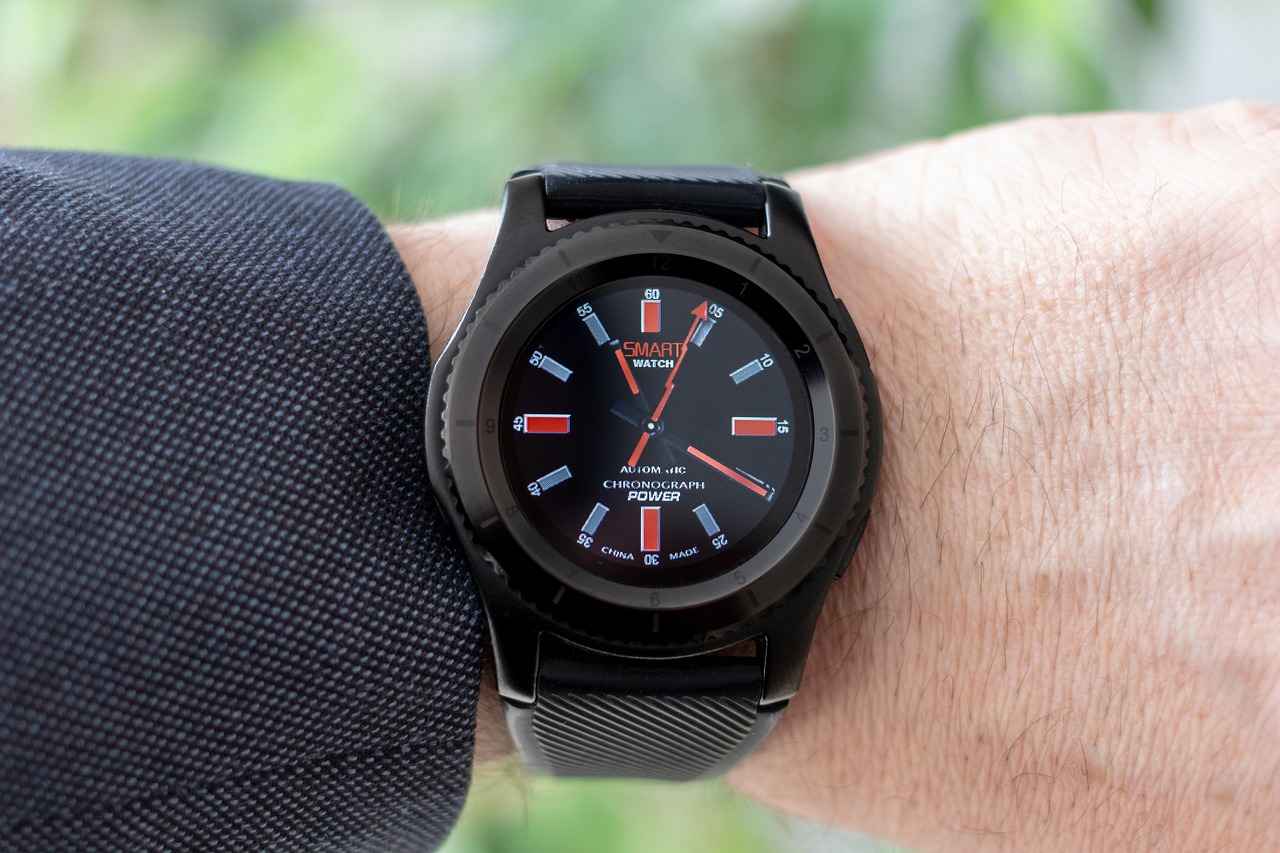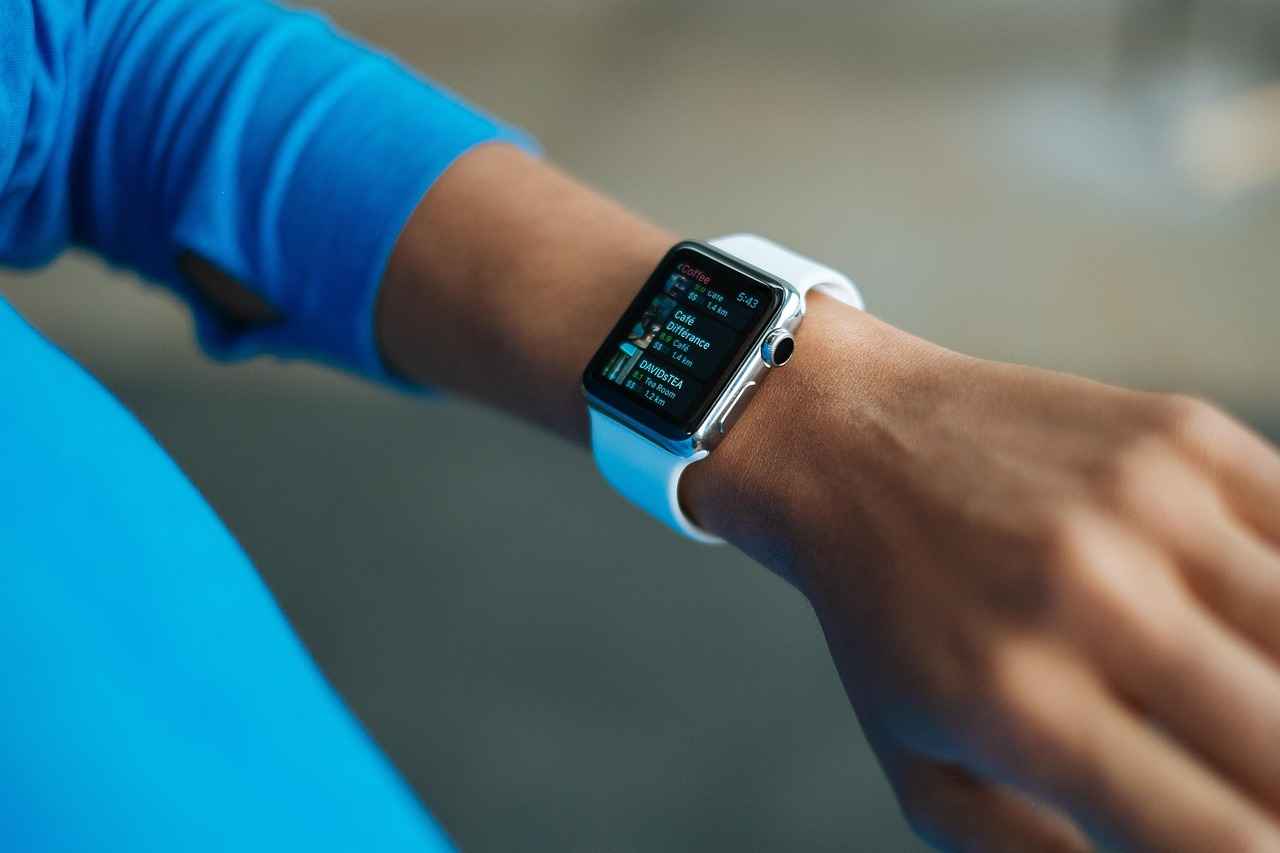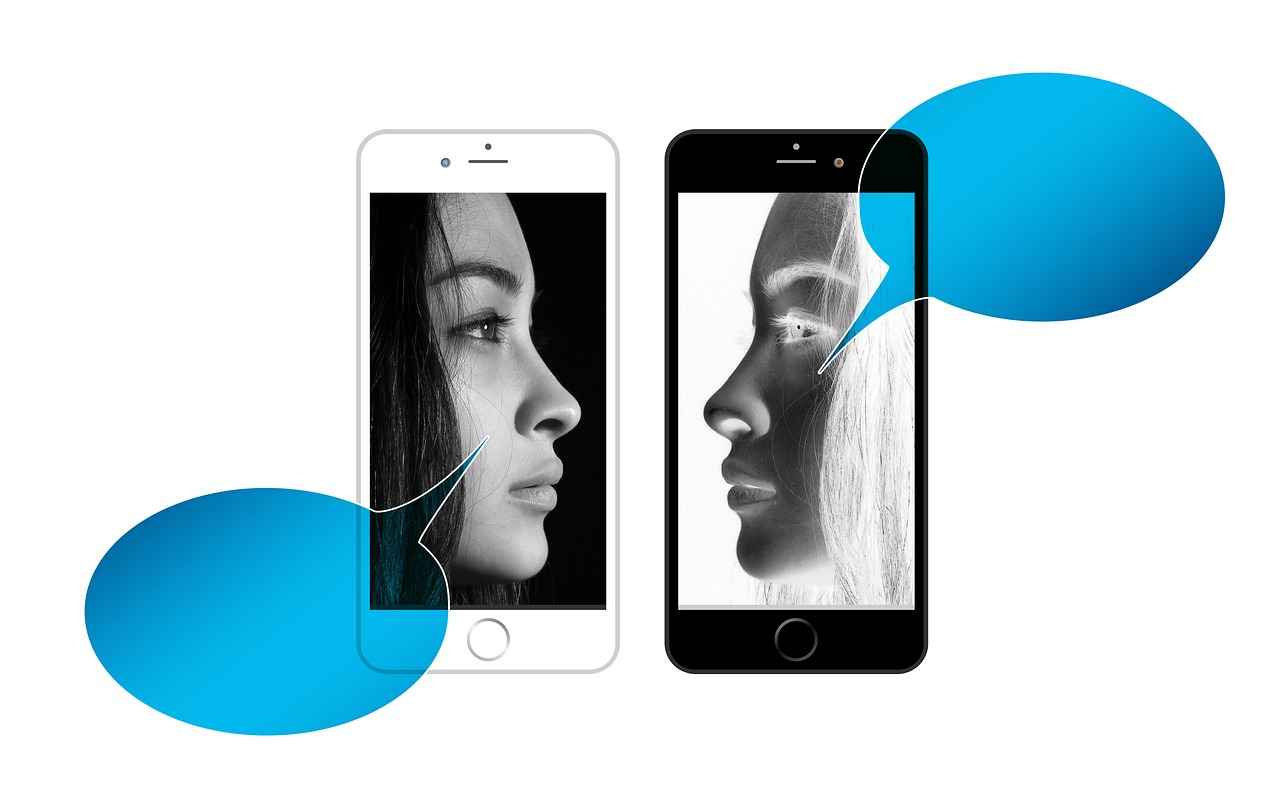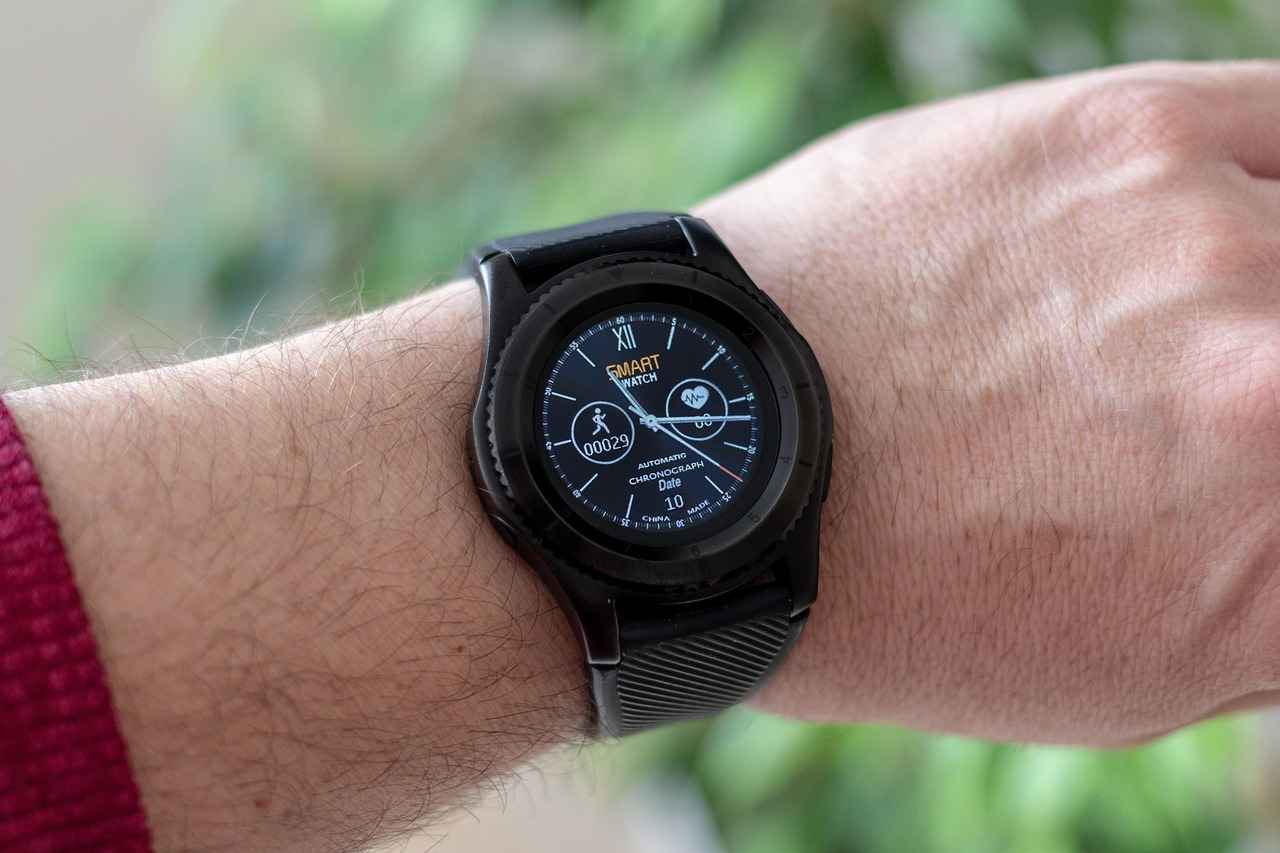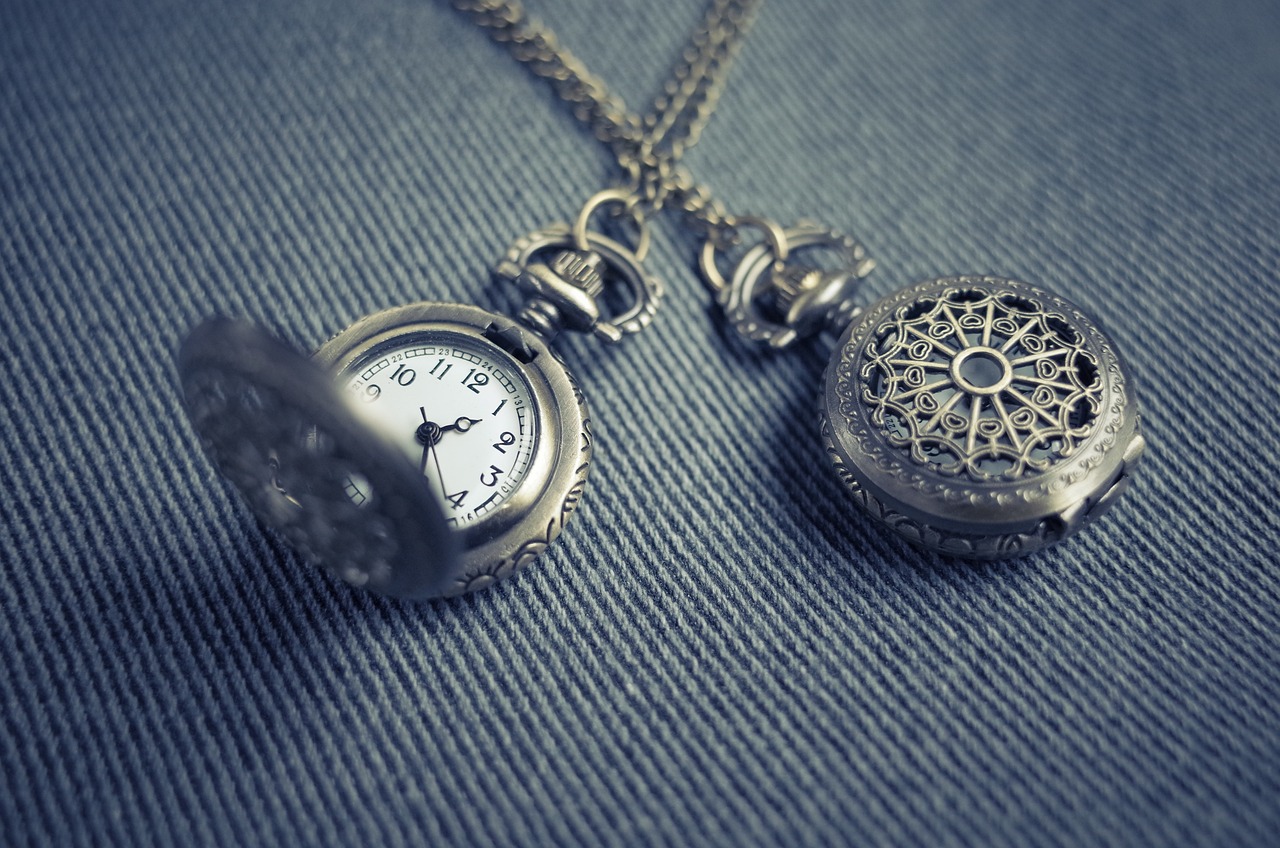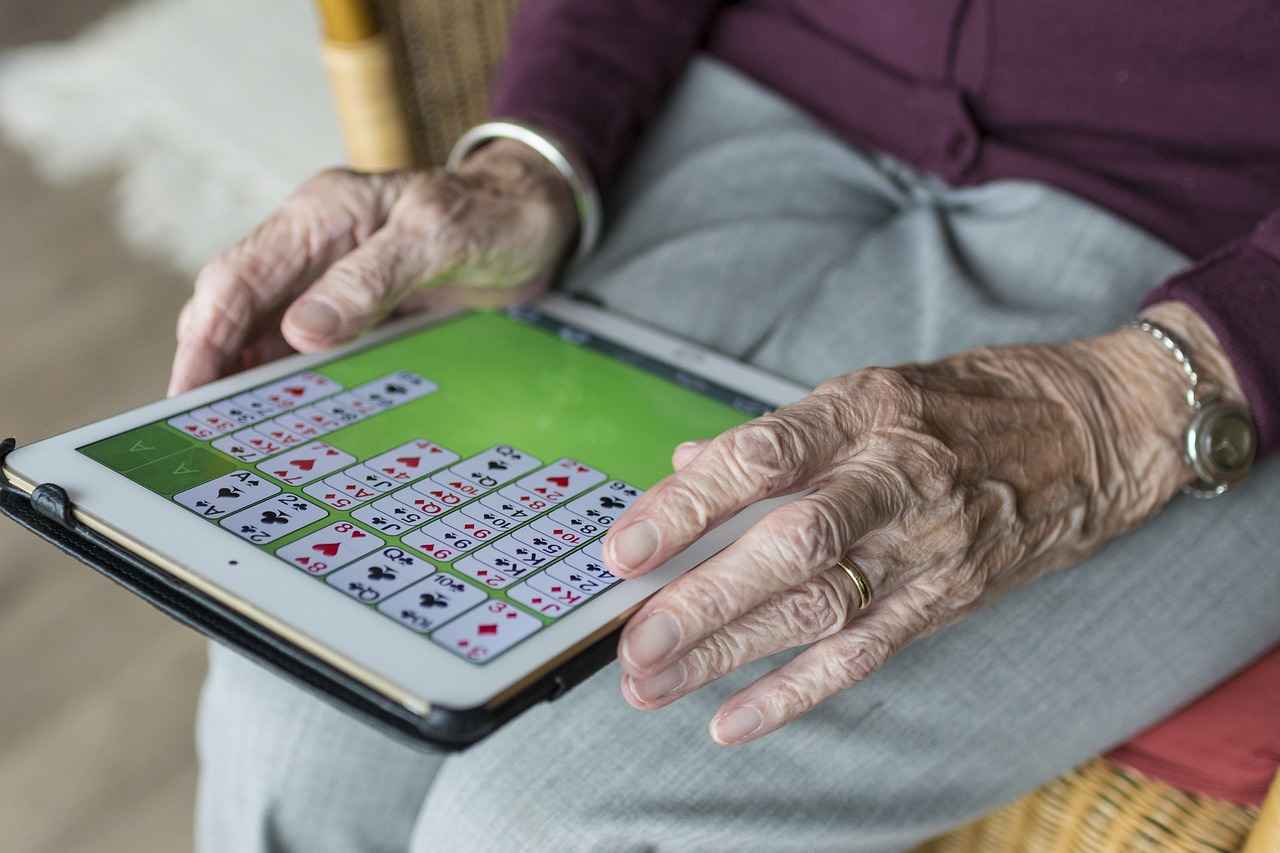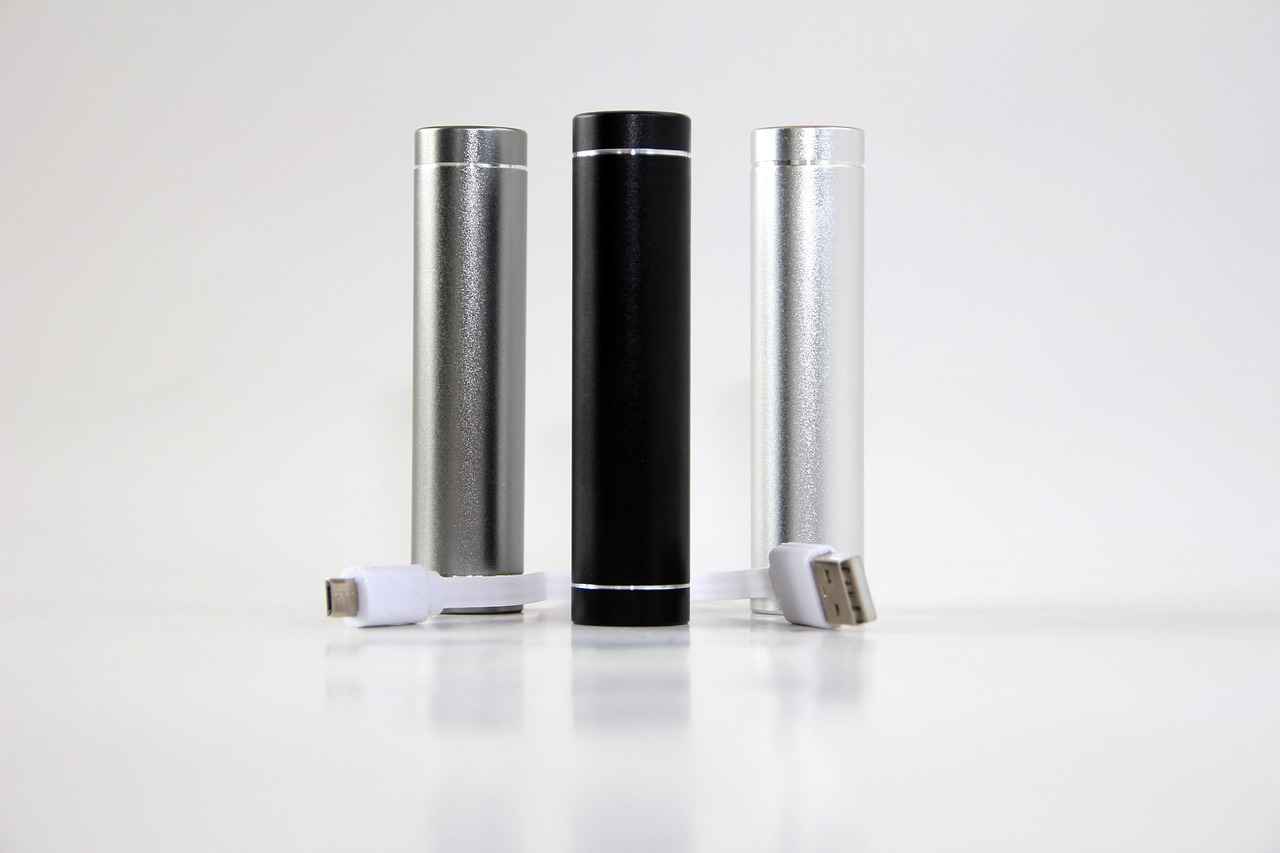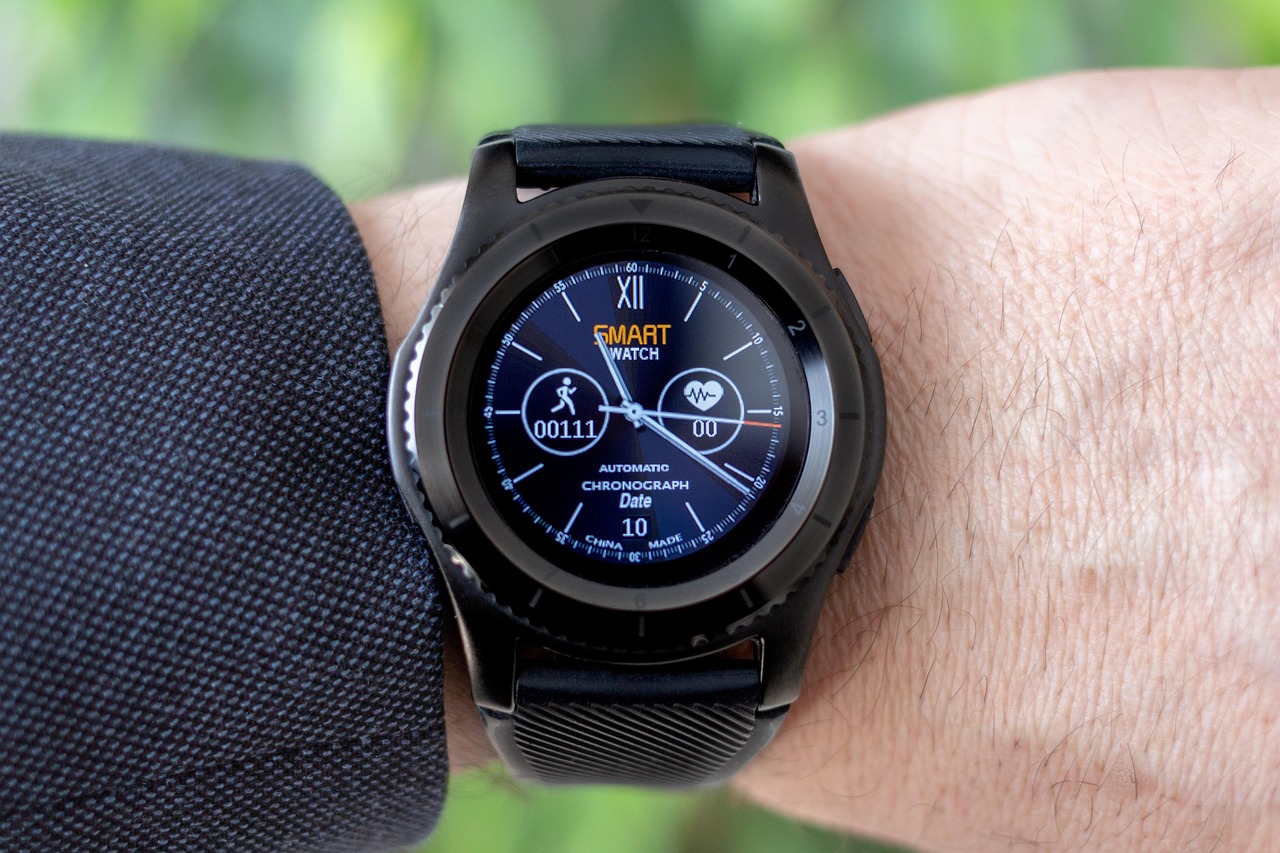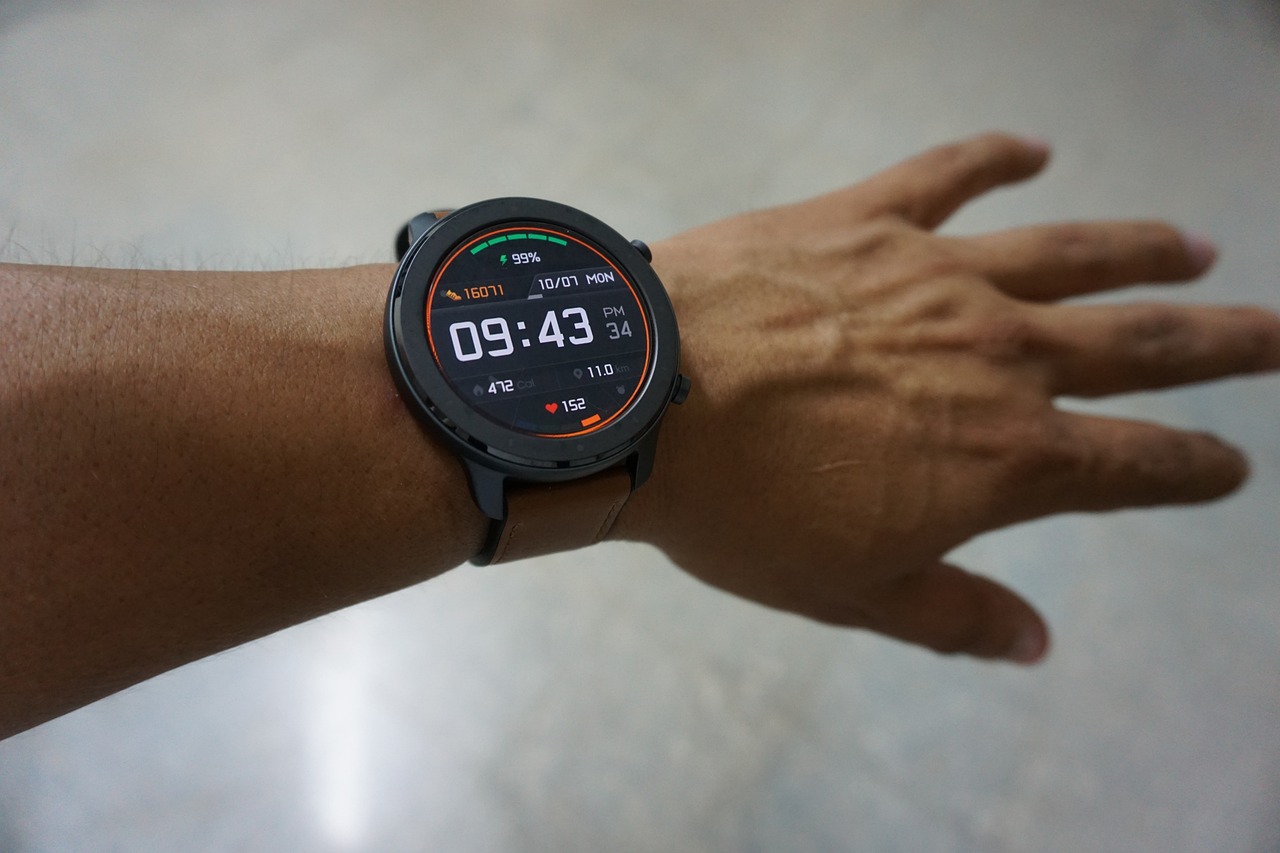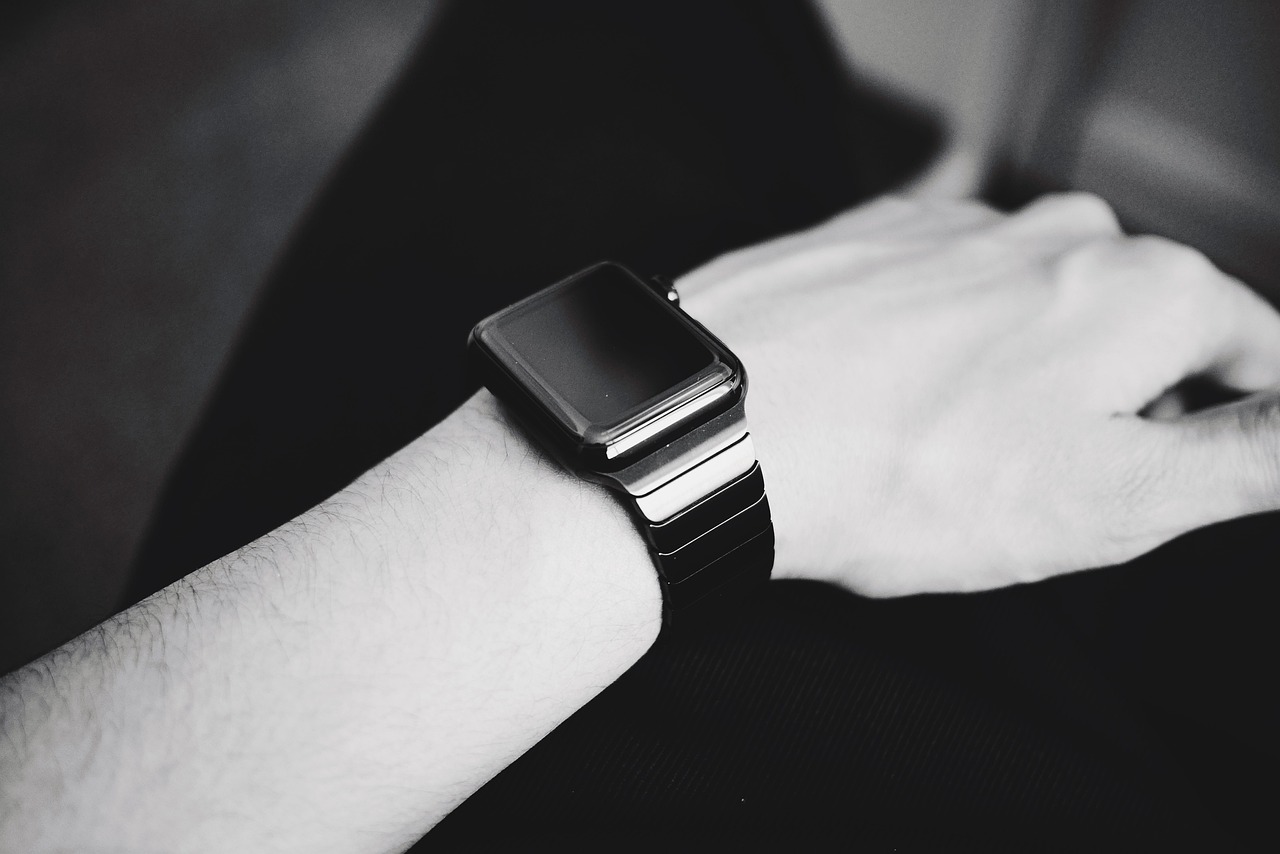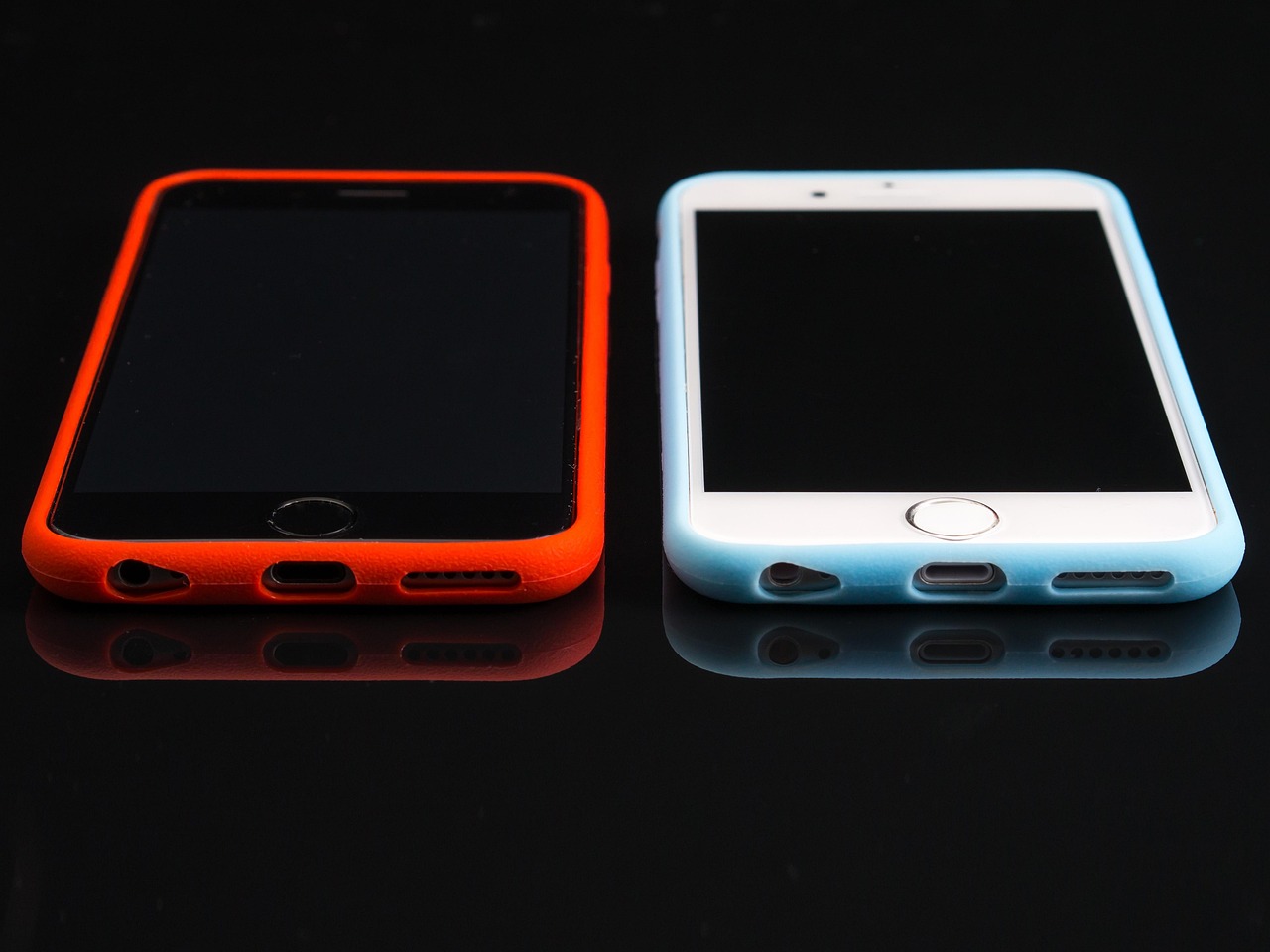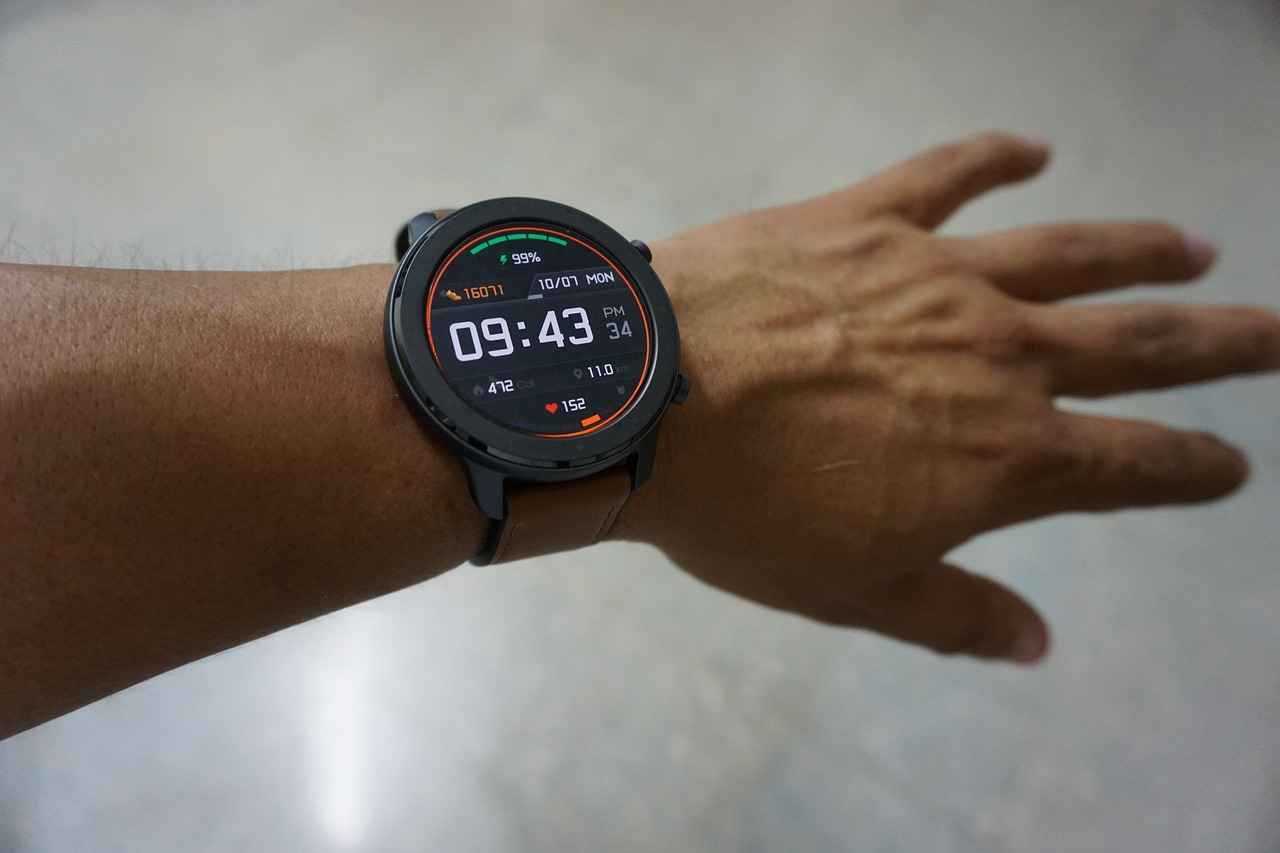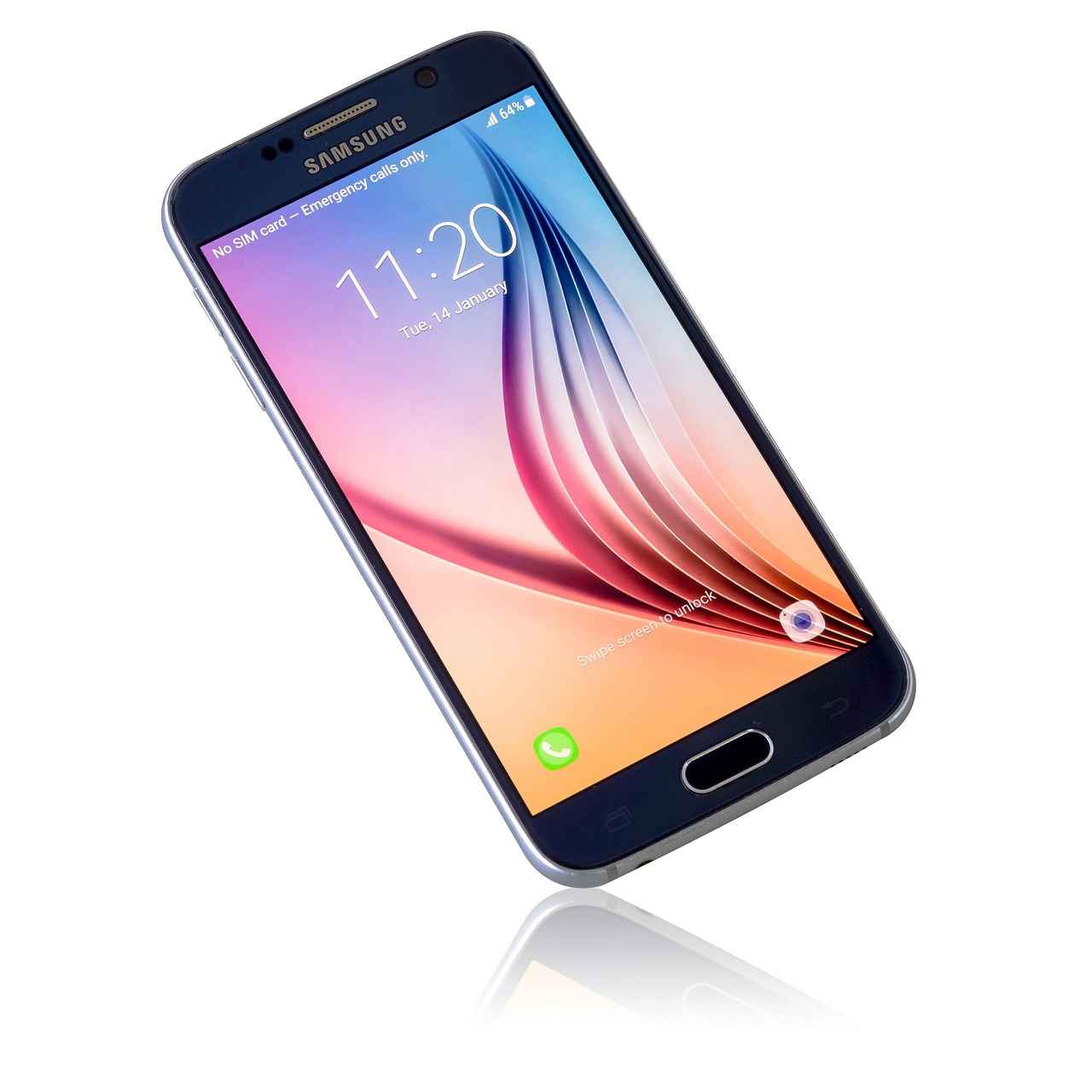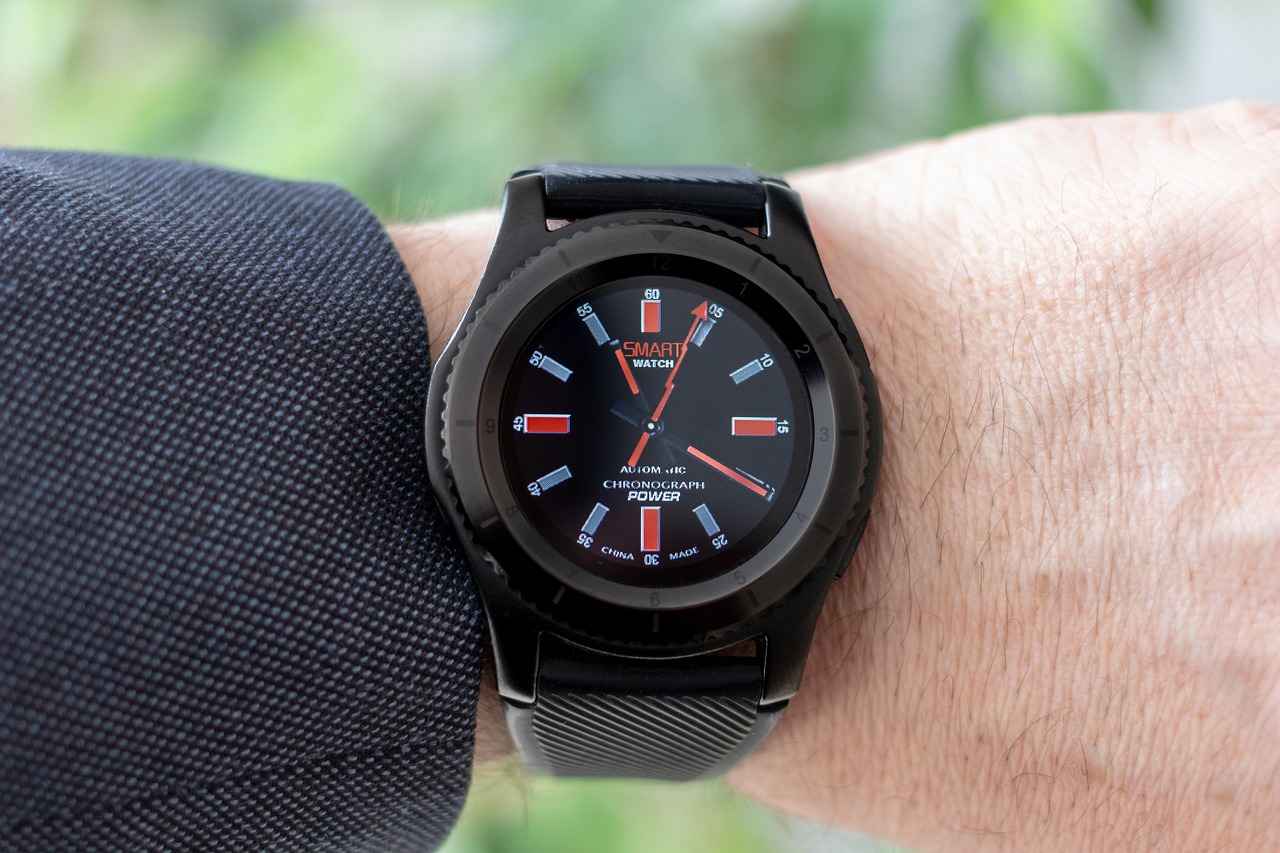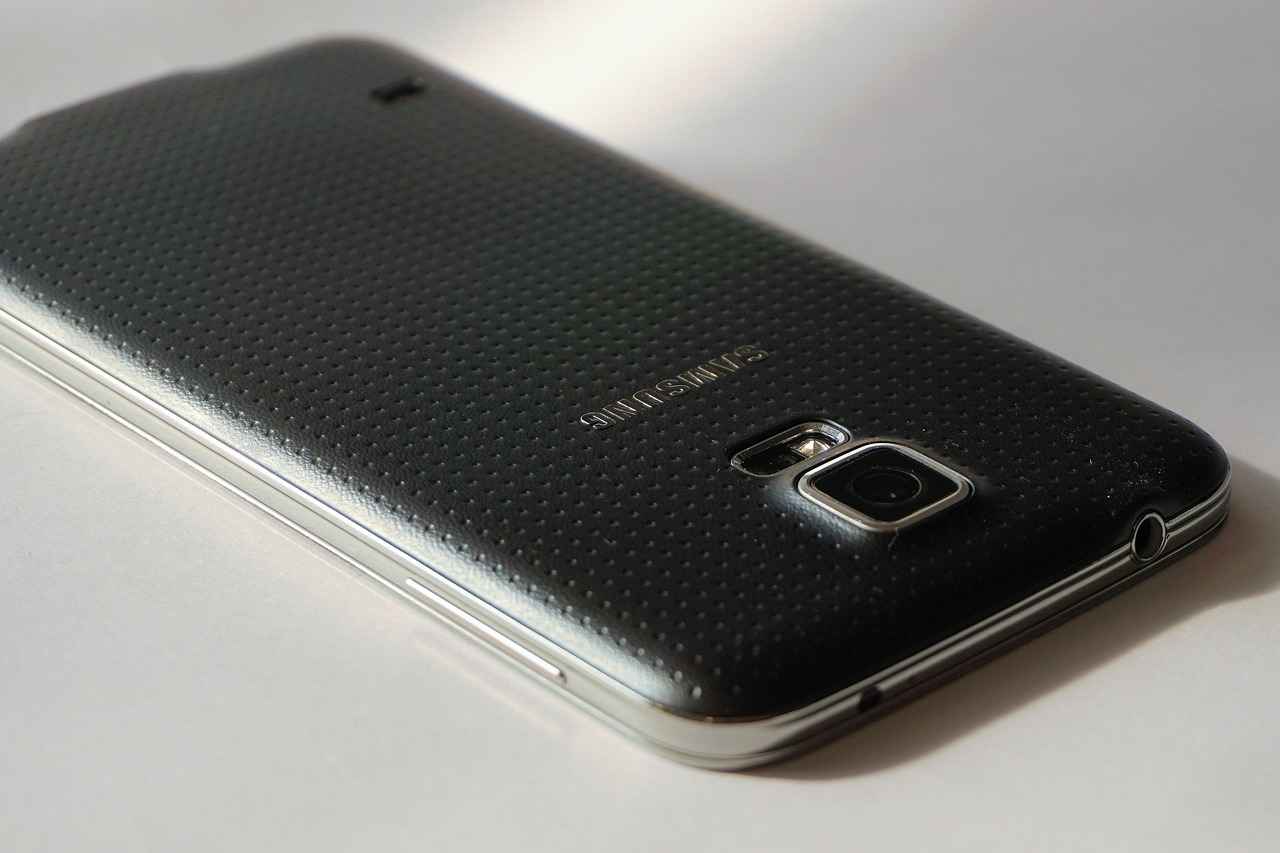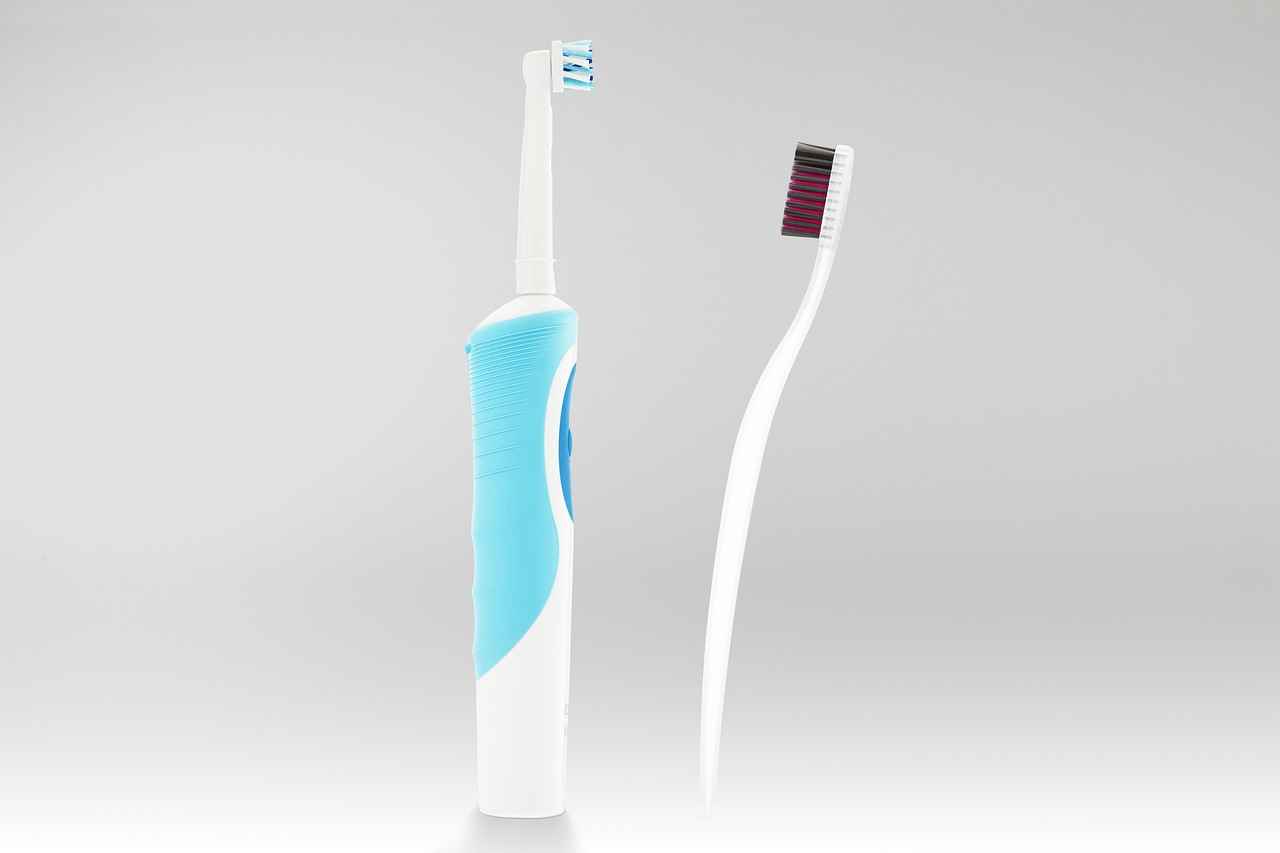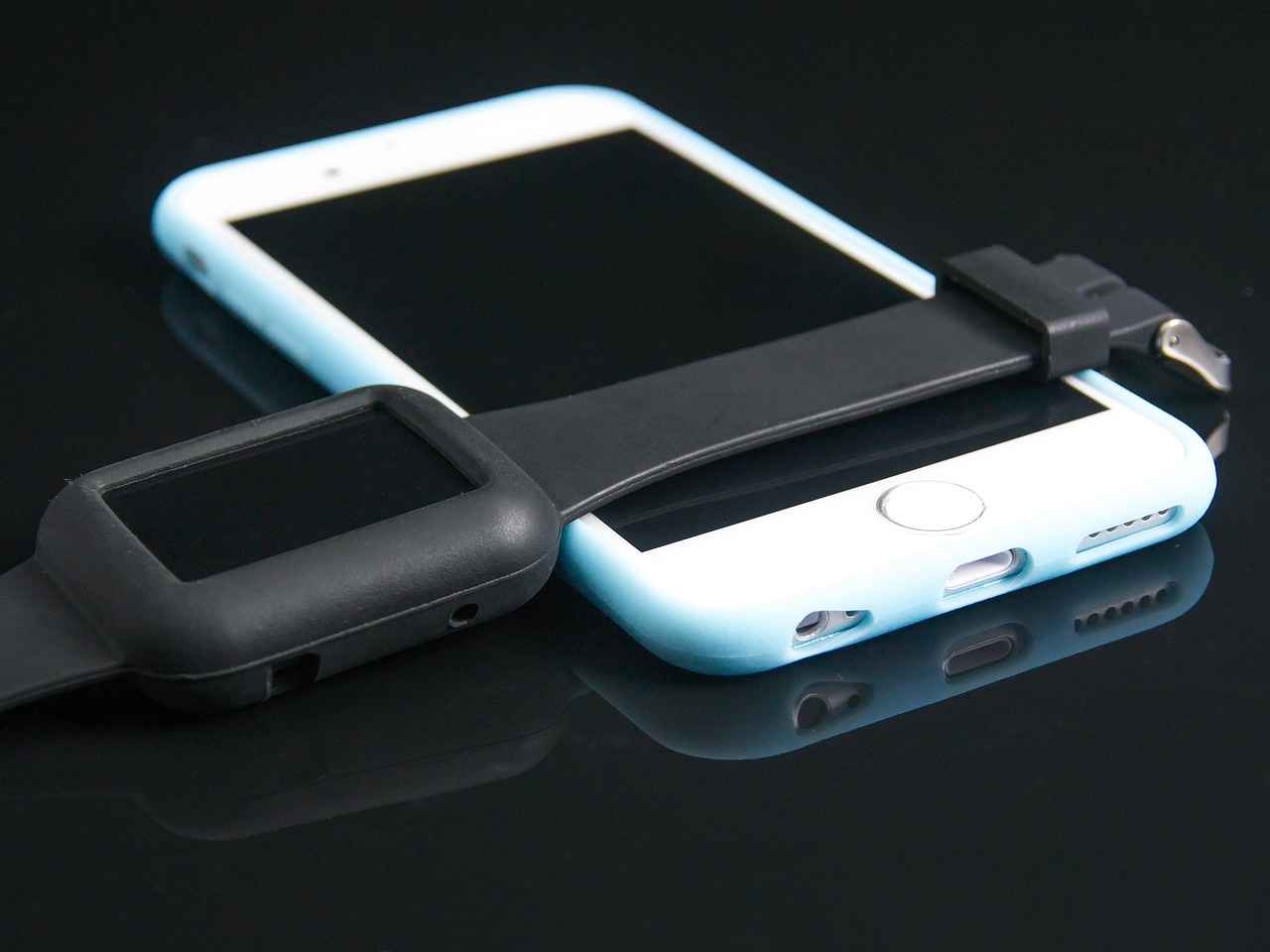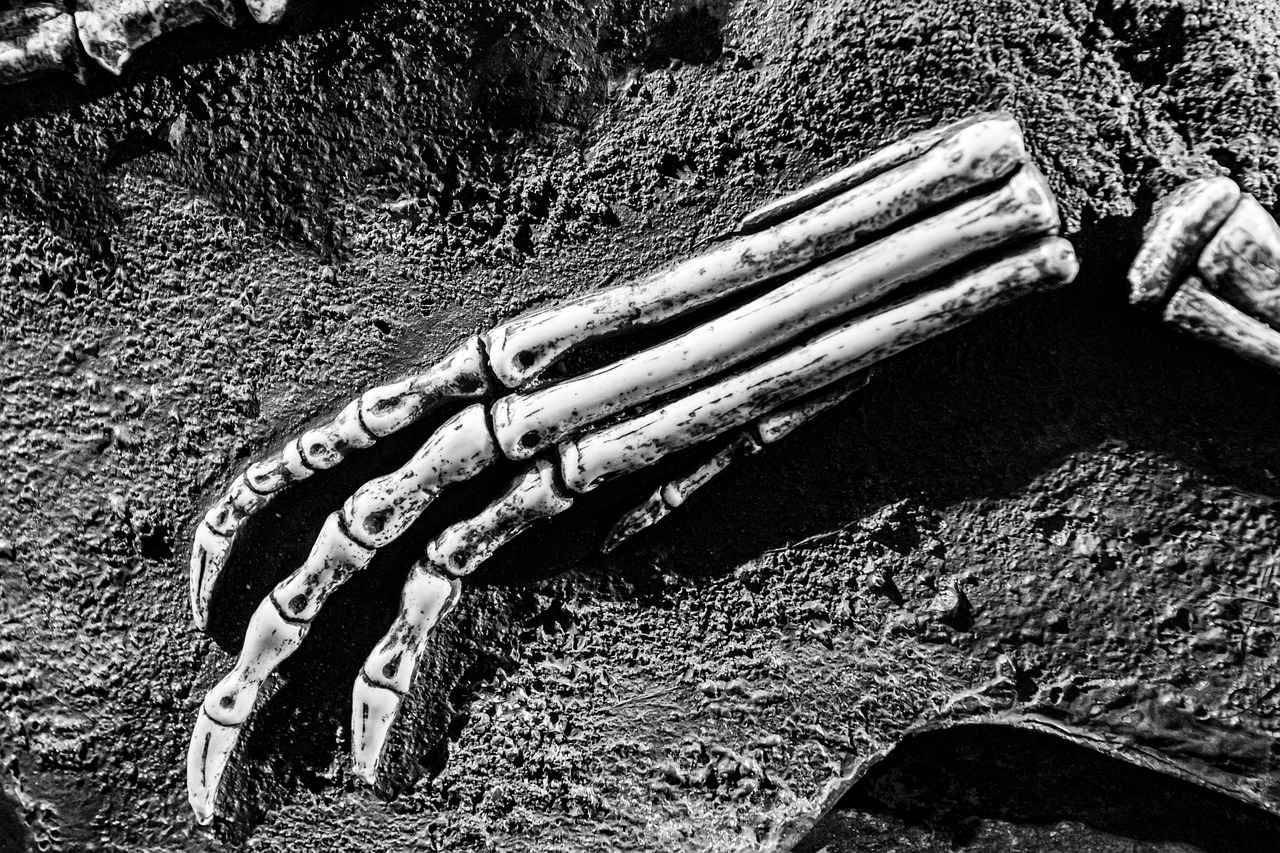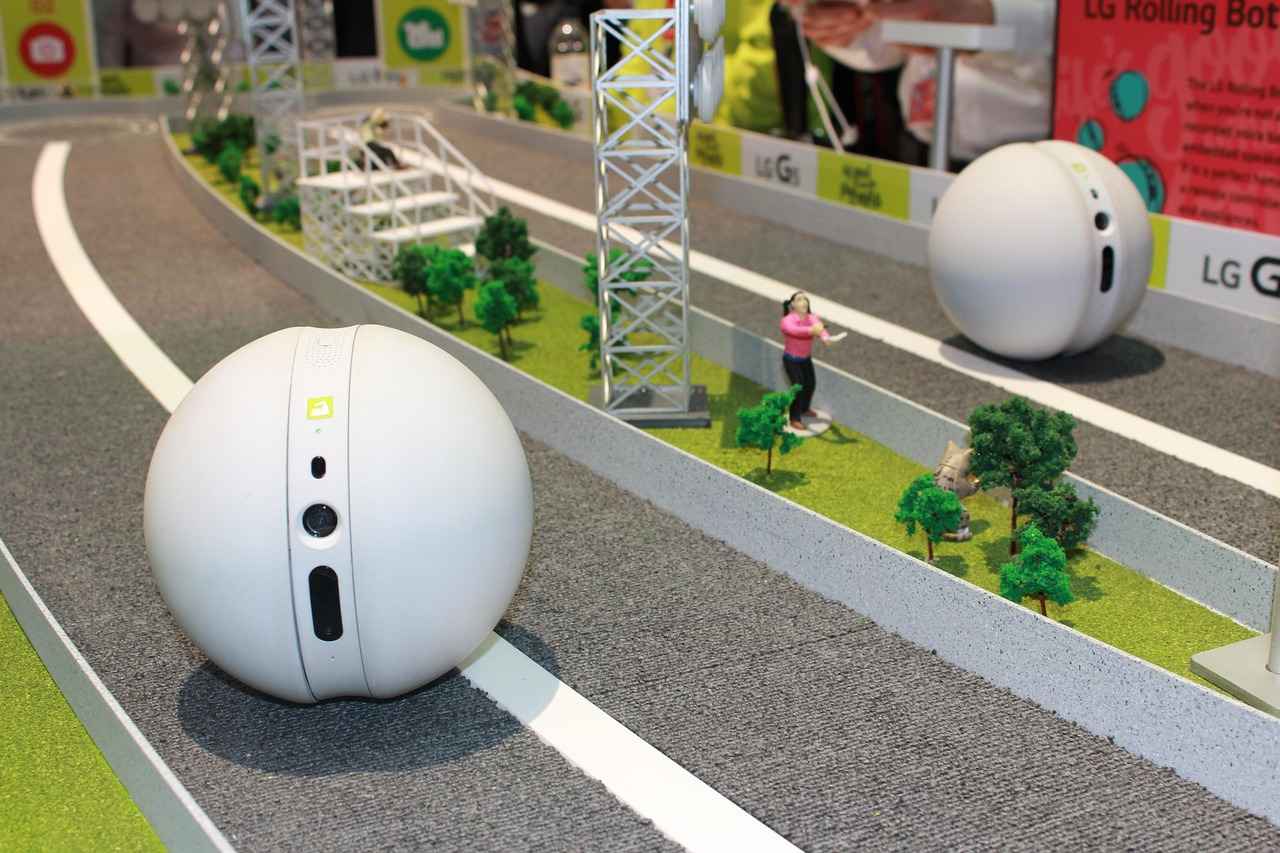This article delves into the best smart watches designed specifically for seniors, emphasizing health features that promote well-being and facilitate connectivity. As technology continues to evolve, smart watches have become invaluable tools for enhancing the quality of life for older adults. This guide will help you discover essential functionalities, compare various models, and provide practical insights to aid in your decision-making process.
Why Smart Watches Are Essential for Seniors
Smart watches serve as a bridge for seniors to monitor their health, stay connected with loved ones, and lead a more active lifestyle. These devices offer a range of benefits, from emergency alerts to fitness tracking, making them a crucial addition to any senior’s toolkit.
Key Health Features to Look For
- Heart Rate Monitoring: This feature allows seniors to keep tabs on their cardiovascular health, providing alerts for irregularities.
- Fall Detection: An essential safety feature that can automatically alert emergency services if a fall is detected.
- Medication Reminders: Helps seniors manage their prescriptions and maintain their health regimen.
Best Smart Watches for Seniors in 2023
| Smart Watch | Key Features | Price Range |
|---|---|---|
| Apple Watch Series 8 | Heart rate monitoring, ECG, fall detection | $399 – $749 |
| Fitbit Versa 3 | Heart rate monitoring, sleep tracking, guided breathing | $229 – $249 |
How to Choose the Right Smart Watch
When selecting a smart watch, consider usability, battery life, and health features. A user-friendly interface is vital for seniors who may not be tech-savvy. Additionally, long battery life is essential, as frequent charging can be cumbersome.
Integrating Smart Watches with Health Apps
Smart watches can be enhanced by integrating with various health applications. These apps can help seniors track their health metrics more comprehensively, offering features tailored specifically for their needs.
Popular Health Apps for Seniors
- MyFitnessPal
- Medisafe
- Heartify
Syncing with Healthcare Providers
Many smart watches allow users to share their health data with healthcare providers, facilitating better communication and health monitoring. This feature is particularly beneficial for seniors managing chronic conditions.
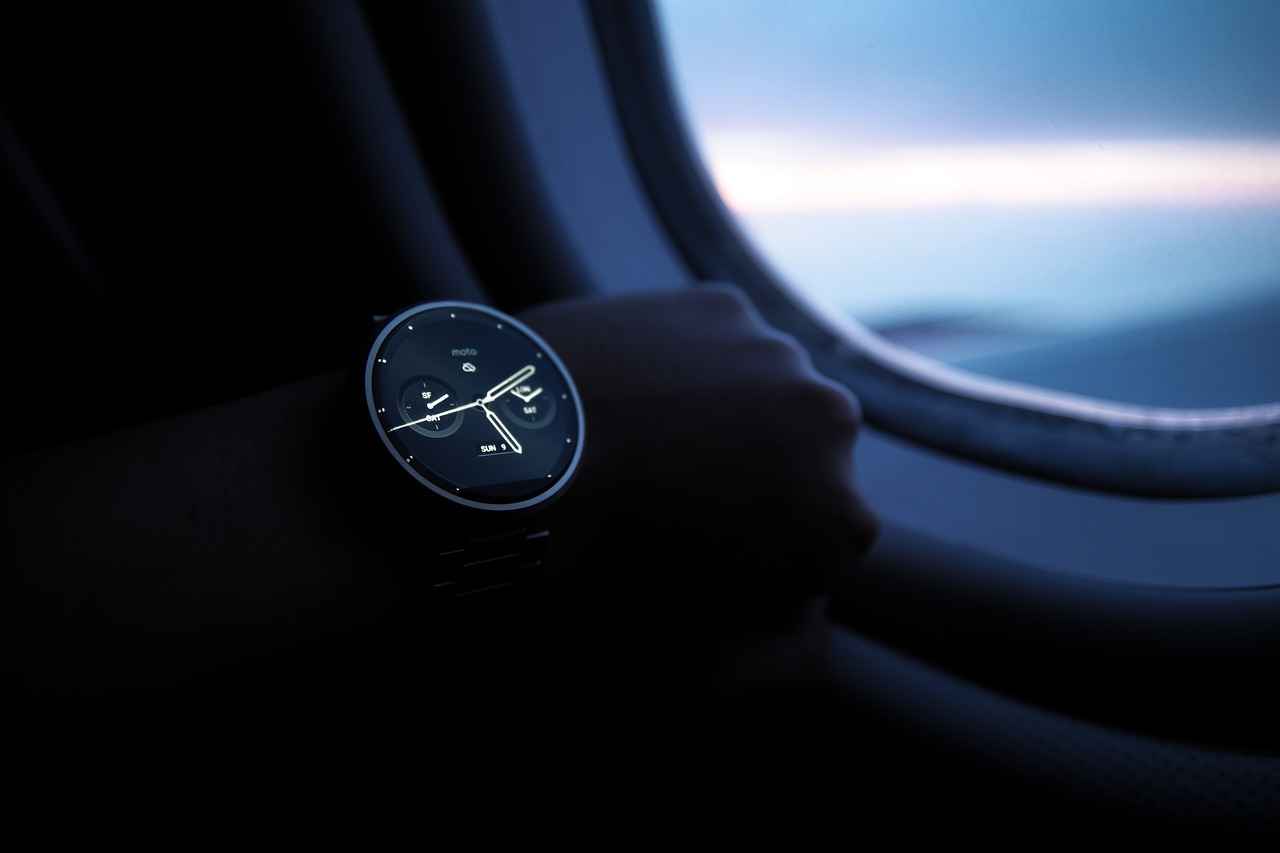
Why Smart Watches Are Essential for Seniors
In today’s fast-paced world, smart watches have become invaluable tools for individuals of all ages, particularly for seniors. These devices not only serve as timekeepers but also offer a myriad of features that cater specifically to the needs of older adults. As technology continues to evolve, understanding the significance of smart watches can empower seniors to enhance their health, maintain connections, and improve their overall quality of life.
One of the primary reasons smart watches are essential for seniors is their ability to monitor vital health metrics. Many models come equipped with features such as heart rate monitoring, which allows users to keep track of their cardiovascular health. This is particularly beneficial for seniors who may have pre-existing conditions, enabling them to detect any irregularities early on.
Another critical aspect is fall detection technology. This feature is designed to automatically detect falls and alert emergency contacts or services, providing peace of mind to both seniors and their families. In a situation where immediate help is needed, this can be a lifesaver.
Moreover, smart watches facilitate communication. With the ability to receive calls, texts, and notifications directly on their wrist, seniors can stay connected with loved ones without the hassle of fumbling for their phones. This connectivity fosters a sense of belonging and combats feelings of isolation, which can be common among older adults.
Additionally, many smart watches offer medication reminders, ensuring seniors do not miss their prescribed doses. This feature can significantly contribute to better health management, allowing seniors to focus on their well-being without the stress of remembering their medication schedules.
In summary, smart watches serve as essential tools for seniors, offering a range of features that promote health monitoring, connectivity, and overall well-being. By understanding the benefits these devices provide, seniors can make informed decisions when choosing the right smart watch to suit their individual needs.

Key Health Features to Look For
When it comes to choosing a smart watch for seniors, understanding the key health features is essential for making an informed decision. These devices are not just fashionable accessories; they are vital tools that can significantly improve the health and well-being of older adults. Below are some of the most important functionalities that seniors should consider when selecting a smart watch.
- Heart Rate Monitoring: This feature is crucial for tracking cardiovascular health. A smart watch with heart rate monitoring can alert users to irregularities, potentially preventing serious health issues.
- Fall Detection: For seniors, the risk of falling is a significant concern. Smart watches equipped with fall detection technology can automatically send alerts to emergency contacts or services, ensuring quick assistance in case of a fall.
- Medication Reminders: Forgetting to take medication can have serious consequences. Smart watches that offer medication reminders can help seniors manage their prescriptions effectively, improving adherence to treatment plans.
- Sleep Tracking: Quality sleep is vital for overall health. A smart watch that tracks sleep patterns can provide insights into sleep quality, helping seniors make necessary adjustments for better rest.
- Activity Tracking: Encouraging physical activity is essential for seniors. A watch that tracks steps, workouts, and calories burned can motivate seniors to stay active and maintain a healthy lifestyle.
These features not only enhance the safety and health of seniors but also improve their quality of life. By prioritizing these functionalities, seniors can select a smart watch that meets their specific health needs and promotes a more connected and healthier lifestyle.
Heart Rate Monitoring
is an essential feature found in many modern smart watches, especially those designed for seniors. This technology plays a crucial role in tracking cardiovascular health and can provide early warnings about potential health issues. By continuously measuring heart rate, these devices empower seniors to stay informed about their heart health, allowing for proactive management of conditions such as hypertension or arrhythmia.
The mechanism behind heart rate monitoring involves optical sensors that detect blood flow through the skin. This non-invasive approach yields real-time data, enabling users to monitor their heart rate throughout the day. Many smart watches also offer insights into resting heart rate and heart rate variability, which can be valuable indicators of overall health and stress levels.
For seniors, the benefits of heart rate monitoring go beyond mere numbers. It can serve as a preventive health tool, alerting users to irregular heartbeats or abnormal rates that may necessitate medical attention. Early detection of such irregularities can lead to timely interventions, significantly improving health outcomes. Moreover, many smart watches are equipped with features that allow users to set heart rate alerts, ensuring they are notified if their heart rate exceeds or falls below a predefined threshold.
In addition to monitoring heart rates, smart watches often integrate seamlessly with health apps that provide further analysis and tracking capabilities. These applications can help seniors visualize their heart health trends over time, making it easier to share important data with healthcare providers. This integration fosters better communication and enhances the overall management of cardiovascular health.
Ultimately, heart rate monitoring is more than just a feature; it is a lifeline for many seniors, offering peace of mind and a sense of control over their health. As technology continues to evolve, the importance of these smart devices in promoting well-being and encouraging active lifestyles among seniors cannot be overstated.
How It Works
Heart rate monitoring technology has become a vital feature in modern smart watches, particularly for seniors. This innovative technology utilizes optical sensors to accurately measure blood flow through the skin. By emitting light and analyzing the reflected signals, these sensors can determine heart rate in real-time, providing users with immediate feedback about their cardiovascular health.
For seniors, having access to real-time heart rate data is crucial. It allows them to monitor their heart health continuously, ensuring they are aware of any sudden changes that might indicate potential health issues. This proactive approach can be especially beneficial for individuals managing chronic conditions such as hypertension or arrhythmia.
Moreover, many smart watches equipped with heart rate monitoring technology offer additional features that enhance their utility. For instance, some devices can send alerts if the heart rate exceeds or drops below a certain threshold, prompting users to seek medical advice if necessary. This capability can lead to early detection of problems, ultimately improving health outcomes.
In addition to heart rate monitoring, many smart watches also integrate other health features such as sleep tracking and stress management tools. These functionalities work together to provide a comprehensive picture of an individual’s health, making it easier for seniors to maintain their well-being.
The convenience of having this information readily available on their wrist encourages seniors to take a more active role in managing their health. By leveraging technology, they can stay informed and connected, enhancing their overall quality of life.
Benefits for Seniors
When it comes to health management for seniors, monitoring heart rate plays a crucial role. This feature is not just a trend; it is a vital tool that helps in managing various cardiovascular conditions such as hypertension and arrhythmia. By keeping an eye on heart rate fluctuations, seniors can gain valuable insights into their overall health status.
One of the most significant advantages of heart rate monitoring is the early detection of potential health issues. For instance, if a senior’s heart rate becomes irregular, it can be a sign of an underlying problem that requires immediate attention. This proactive approach allows for timely medical interventions, which can drastically improve health outcomes and potentially save lives.
Moreover, many smart watches come equipped with alerts that notify users when their heart rate exceeds or drops below a certain threshold. This feature is particularly beneficial for seniors who may not always be aware of their body’s signals. By receiving these notifications, they can take necessary actions, such as consulting a healthcare provider or adjusting their activity levels.
In addition to heart rate monitoring, these devices often offer comprehensive health tracking functionalities. For example, seniors can monitor their physical activity, sleep patterns, and even stress levels. This holistic view of health empowers seniors to make informed decisions about their lifestyle choices. Furthermore, some smart watches provide features that allow users to share their health data with family members or healthcare professionals, fostering a collaborative approach to health management.
In summary, the integration of heart rate monitoring in smart watches is a game-changer for seniors. It not only aids in managing existing health conditions but also promotes a proactive stance towards health maintenance. By utilizing this technology, seniors can enhance their quality of life and remain connected to their health in a meaningful way.
Fall Detection Technology
has emerged as a game-changer for seniors, addressing a critical concern: the risk of falling and the subsequent need for immediate assistance. As we age, the likelihood of falls increases significantly, which can lead to serious injuries or even fatalities. Therefore, having a reliable system that can detect falls and alert emergency contacts is essential for maintaining independence and ensuring safety.
This technology typically utilizes advanced sensors and algorithms to monitor the wearer’s movements. When a fall is detected, the watch can automatically send alerts to pre-set emergency contacts or services, ensuring that help is on the way without the need for the wearer to press any buttons. This automated response can be crucial in situations where the individual is incapacitated or unable to reach out for help.
Moreover, many smart watches equipped with fall detection also offer additional features like location tracking, which allows emergency responders to quickly locate the individual in need. This combination of features not only provides peace of mind to the seniors themselves but also to their families, knowing that assistance is readily available.
In addition to the immediate benefits of safety, fall detection technology can foster a greater sense of confidence among seniors. With the knowledge that they have a safety net in place, they may be more inclined to engage in physical activities and maintain an active lifestyle, which is vital for overall health and well-being.
As technology continues to evolve, the accuracy and reliability of fall detection systems are improving. Many devices now feature customizable settings, allowing users to adjust the sensitivity of the fall detection feature based on their activity levels and health conditions. This adaptability ensures that the technology works effectively for each individual.
Overall, the integration of fall detection technology into smart watches is not just a convenience; it is a lifesaving feature that enhances the quality of life for seniors. By providing immediate alerts and fostering independence, this technology plays a crucial role in modern health management for older adults.

Best Smart Watches for Seniors in 2023
In 2023, the market for smart watches has expanded significantly, with several models specifically designed to cater to the needs of seniors. These devices not only offer advanced health monitoring capabilities but also promote connectivity and ease of use. Below, we explore the top smart watches that stand out this year, focusing on their user-friendly features and health functionalities.
Smart watches have become essential tools for seniors, providing an array of features that enhance their quality of life. With the ability to monitor health metrics, stay connected with loved ones, and access vital information at their fingertips, seniors can enjoy greater independence and peace of mind.
When selecting a smart watch, it’s crucial to consider the health features that can significantly impact a senior’s well-being. Key functionalities to look for include:
- Heart Rate Monitoring: This feature tracks cardiovascular health and can alert users to any irregularities.
- Fall Detection: Automatically alerts emergency contacts in the event of a fall, ensuring prompt assistance.
- Medication Reminders: Helps seniors manage their medication schedules effectively.
Among the leading models in 2023, the following smart watches have received excellent feedback from users:
| Model | Key Features | User Feedback |
|---|---|---|
| Apple Watch Series 8 | Advanced health tracking, ECG, fall detection | Highly rated for usability and comprehensive health features |
| Fitbit Versa 3 | User-friendly interface, sleep tracking, guided breathing | Favored for simplicity and essential health functionalities |
| Samsung Galaxy Watch 5 | Body composition analysis, heart health monitoring | Appreciated for its innovative features and design |
These models are not only equipped with essential health features but also designed with seniors in mind, ensuring that they are easy to navigate and use. When choosing a smart watch, it is essential to consider factors such as usability, battery life, and compatibility with health apps to ensure a seamless experience.
By exploring these top smart watches, seniors can find a device that not only meets their health monitoring needs but also enhances their overall lifestyle. With the right smart watch, they can stay connected, active, and healthy.
Apple Watch Series 8
The is a standout device in the realm of smart watches, particularly for seniors seeking to enhance their health and well-being. With its comprehensive health tracking capabilities, it offers a suite of features designed to monitor vital signs and ensure safety.
One of the most significant aspects of the Apple Watch Series 8 is its advanced heart rate monitoring. Utilizing cutting-edge optical sensors, this feature provides real-time data on heart rates, enabling users to detect any irregularities that may warrant medical attention. This is especially crucial for seniors, as conditions like hypertension and arrhythmia can often go unnoticed without regular monitoring.
Additionally, the device includes an Electrocardiogram (ECG) Another essential feature of the Apple Watch Series 8 is its fall detection technology. This system automatically detects falls and can alert emergency contacts or services, ensuring that seniors receive prompt assistance when needed. This added layer of safety can significantly enhance peace of mind for both users and their families. Moreover, the watch is equipped with activity tracking to encourage seniors to stay active and maintain a healthy lifestyle. It monitors daily movements, workouts, and even provides reminders to stand and move throughout the day, promoting overall well-being. In conclusion, the Apple Watch Series 8 is not just a smart watch; it is a powerful health management tool for seniors. With its robust health features, including heart rate monitoring, ECG, fall detection, and activity tracking, it stands out as an excellent choice for those looking to prioritize their health.Fitbit Versa 3
The is an exceptional smart watch designed with seniors in mind, combining a user-friendly interface with essential health features that promote overall well-being. Its intuitive design makes it easy for older adults to navigate, ensuring that they can access critical health information without feeling overwhelmed.
One of the standout features of the Fitbit Versa 3 is its heart rate monitoring capability. This feature allows users to keep track of their heart health in real-time, providing valuable insights into their cardiovascular status. By continuously monitoring heart rate, seniors can become aware of any irregularities that may require medical attention, thus empowering them to take charge of their health.
Additionally, the watch includes a comprehensive sleep tracking function that helps seniors understand their sleep patterns. Quality sleep is essential for maintaining health, and by analyzing sleep data, users can make informed adjustments to improve their rest. This feature is particularly beneficial for seniors who may struggle with sleep disturbances.
The guided breathing exercises offered by the Fitbit Versa 3 are another notable aspect. These exercises can help seniors manage stress and anxiety, fostering a sense of calm and relaxation. Engaging in regular breathing exercises can contribute positively to mental health, making this feature a valuable addition to the device.
Moreover, the Fitbit Versa 3 boasts a long battery life, which is crucial for seniors who may forget to charge their devices frequently. With its robust battery performance, users can enjoy uninterrupted access to their health data and notifications.
In summary, the stands out as a top choice for seniors seeking a smart watch that is both functional and simple to use. Its combination of heart rate monitoring, sleep tracking, and guided breathing exercises makes it a comprehensive tool for health management, appealing to those who prioritize both simplicity and effectiveness.

How to Choose the Right Smart Watch
When it comes to choosing the right smart watch, seniors face a unique set of challenges and considerations. Selecting a device that fits their lifestyle and health needs requires careful thought. Here are some practical tips to help seniors make informed decisions.
- Assess Usability: The interface should be user-friendly and easy to navigate. Look for large icons and clear text that make it simple for seniors to access features without frustration.
- Evaluate Battery Life: Battery longevity is crucial. A smart watch that requires frequent charging can be inconvenient. Aim for a model that offers at least two days of battery life to avoid the hassle of constant recharging.
- Consider Health Features: Essential health functionalities such as heart rate monitoring, fall detection, and sleep tracking should be prioritized. These features can significantly enhance well-being and provide peace of mind.
- Check Compatibility: Ensure that the smart watch is compatible with smartphones. This allows for seamless integration with apps that can further enhance health monitoring and communication.
- Read Reviews: User feedback can provide valuable insights into the performance and reliability of different models. Look for reviews from seniors to understand their experiences and preferences.
Furthermore, it’s beneficial to try before you buy. If possible, visit a store to test the watch’s interface and comfort. This hands-on experience can help in making the right choice.
Lastly, consider the cost. While investing in a quality smart watch is important, it’s essential to find a model that fits within your budget. Weigh the features against the price to ensure you’re getting the best value for your money.
By focusing on these key factors, seniors can confidently select a smart watch that not only meets their health and connectivity needs but also enhances their overall quality of life.
Usability and Interface
are paramount when designing smart watches for seniors. A clear and intuitive interface ensures that older users can easily navigate the device without frustration or confusion. This section delves into the significance of easy navigation and readability in smart watch design, highlighting key aspects that enhance user experience.
As seniors often face challenges such as diminished eyesight or reduced dexterity, it is essential that smart watches cater to these needs. The following factors contribute to a user-friendly interface:
- Large, Readable Fonts: Text should be displayed in larger fonts to accommodate those with vision impairments. High contrast between text and background colors can further enhance readability.
- Simplified Navigation: A straightforward layout with fewer buttons and clear icons can help seniors navigate functions without unnecessary complexity. Touchscreens should be responsive and easy to use, even for those with limited experience.
- Voice Commands: Incorporating voice recognition technology allows seniors to interact with their smart watch hands-free, making it easier to access features without needing to navigate through menus.
- Customizable Display: Users should have the option to customize their watch face and app layout according to their preferences, allowing them to prioritize the features they use most frequently.
Moreover, tutorials and helpful guides integrated into the device can provide seniors with step-by-step instructions on how to use various features. This support is invaluable in helping them feel more comfortable and confident in utilizing technology.
In conclusion, investing in a smart watch with a user-friendly interface is crucial for enhancing the experience of senior users. By prioritizing usability and accessibility, manufacturers can significantly improve the quality of life for older adults, empowering them to stay connected and monitor their health effectively.
Battery Life Considerations
Battery life is a critical factor when evaluating the usability of a smart watch, especially for seniors. A device that requires frequent charging can lead to frustration and decreased functionality, making it essential to understand how to assess battery longevity effectively.
For seniors, who may sometimes forget to charge their devices regularly, the importance of battery life cannot be overstated. A smart watch with a long-lasting battery can offer several advantages:
- Convenience: A watch that lasts several days on a single charge reduces the need for constant monitoring and ensures that the device is available when needed.
- Emergency Readiness: In situations where immediate health monitoring is crucial, such as during a medical episode, a watch with a reliable battery can provide peace of mind.
- Overall Usability: The ease of use increases when seniors do not have to worry about their watch dying unexpectedly, allowing them to focus on its health features.
When assessing battery longevity, consider the following:
| Smart Watch Model | Battery Life | Charging Time |
|---|---|---|
| Apple Watch Series 8 | 18 hours | 1.5 hours |
| Fitbit Versa 3 | 6+ days | 1.5 hours |
| Garmin Forerunner 245 | 7 days | 1.5 hours |
It is also beneficial to look for features that optimize battery usage, such as:
- Power Saving Modes: Many smart watches offer modes that extend battery life by limiting certain functionalities.
- Activity Tracking: Some devices automatically adjust their power consumption based on activity levels, which can help conserve battery during less active periods.
In summary, when selecting a smart watch, seniors should prioritize battery life alongside other health features. A device that combines longevity with essential functionalities can greatly enhance their daily lives, promoting independence and well-being.

Integrating Smart Watches with Health Apps
Integrating smart watches with health applications is revolutionizing the way seniors manage their health. These devices not only track vital signs but also offer a comprehensive suite of features that enhance health management. By leveraging these applications, seniors can gain valuable insights into their well-being, making it easier to monitor and maintain their health.
Health apps designed for smart watches provide an array of functionalities that cater specifically to the needs of seniors. For instance, apps like MyFitnessPal and Health Mate allow users to track their dietary habits, monitor exercise routines, and set personalized health goals. This integration helps seniors stay motivated and engaged in their health journey.
Another significant advantage of these applications is the customization they offer. Seniors can tailor the notifications and reminders to suit their individual health needs, such as taking medications on time or scheduling regular check-ups. This feature is crucial for maintaining adherence to treatment plans and ensuring that seniors remain proactive about their health.
Moreover, many health apps enable users to sync data with healthcare providers. This functionality allows for seamless communication between seniors and their doctors, facilitating better health monitoring and timely interventions. For example, if a senior’s heart rate data indicates irregularities, healthcare professionals can respond promptly, potentially preventing serious health issues.
Additionally, the use of health apps can foster a sense of community among seniors. Many applications offer forums or social features where users can share experiences, challenges, and successes. This social interaction can significantly enhance motivation and provide emotional support.
In summary, the integration of smart watches with health apps presents a transformative opportunity for seniors to take charge of their health. By utilizing these tools, they can achieve a more comprehensive health management experience, ultimately leading to improved health outcomes and quality of life.
Popular Health Apps for Seniors
In today’s digital age, health apps play a crucial role in helping seniors manage their well-being. These applications, when paired with smart watches, offer a comprehensive approach to health monitoring and management. Below are some of the most effective health apps designed specifically for seniors:
- MyFitnessPal: This app allows users to track their diet and exercise, promoting a healthier lifestyle. Its user-friendly interface makes it easy for seniors to log meals and monitor caloric intake.
- Medisafe: A medication management app that sends reminders for pill schedules. This is particularly beneficial for seniors who may take multiple medications, ensuring they never miss a dose.
- HealthTap: This app connects users with healthcare professionals for virtual consultations. Seniors can ask questions and receive medical advice without leaving their homes, enhancing accessibility to healthcare.
- SilverSneakers GO: Focused on fitness, this app provides seniors with exercise programs tailored to their needs. It includes video workouts and wellness resources, encouraging physical activity.
- Calm: Mental health is just as important as physical health. Calm offers guided meditations and relaxation techniques, helping seniors manage stress and improve their overall mental well-being.
These apps not only complement the features of smart watches but also empower seniors to take control of their health. By integrating these applications into their daily routines, seniors can enhance their health tracking and management, leading to improved outcomes and a better quality of life.
Syncing with Healthcare Providers
In today’s digital age, syncing smart watches with healthcare providers has become an invaluable feature for seniors. This capability not only enhances health monitoring but also fosters a more effective communication channel between seniors and their medical professionals. By sharing critical health data, seniors can ensure that their healthcare providers have access to real-time information, which can significantly improve the quality of care.
One of the primary benefits of this feature is the ability to track vital health metrics such as heart rate, sleep patterns, and physical activity levels. For instance, if a senior experiences irregular heartbeats, this data can be instantly shared with their cardiologist, allowing for timely interventions. Moreover, the seamless transfer of information can help doctors make informed decisions without requiring patients to schedule additional office visits.
Additionally, many smart watches come equipped with remote monitoring capabilities. This is particularly beneficial for seniors with chronic conditions who need consistent oversight. Healthcare providers can monitor these patients’ health status continuously, adjusting treatment plans as necessary based on the data received. This proactive approach can lead to better health outcomes and reduced hospitalizations.
Furthermore, the integration of health apps with smart watches enhances this functionality. Seniors can use these apps to manage medications, schedule appointments, and even receive reminders for taking their prescriptions. This not only helps in maintaining adherence to treatment plans but also empowers seniors to take an active role in their health management.
In conclusion, the ability to sync smart watches with healthcare providers represents a significant advancement in senior healthcare. By utilizing this technology, seniors can enjoy a more connected and responsive healthcare experience, ultimately leading to improved health and well-being.
Frequently Asked Questions
- What are the key health features to look for in a smart watch for seniors?
When choosing a smart watch for seniors, it’s essential to look for features like heart rate monitoring, fall detection, and medication reminders. These functionalities help seniors manage their health proactively and stay safe.
- How does heart rate monitoring work in smart watches?
Heart rate monitoring technology in smart watches uses optical sensors to measure blood flow. This allows the watch to provide real-time heart rate data, which can be vital for seniors to track their cardiovascular health.
- What is fall detection technology?
Fall detection technology is designed to automatically detect when a user has fallen and can alert emergency contacts or services. This feature offers seniors peace of mind, knowing that help is just a notification away.
- Which smart watches are recommended for seniors in 2023?
Some top recommendations for seniors in 2023 include the Apple Watch Series 8 for its comprehensive health features and the Fitbit Versa 3 for its user-friendly interface and essential health tracking capabilities.
- How can seniors integrate smart watches with health apps?
Seniors can enhance their health management by syncing their smart watches with various health apps. These apps can provide additional tracking and reminders, making it easier to monitor health metrics effectively.
